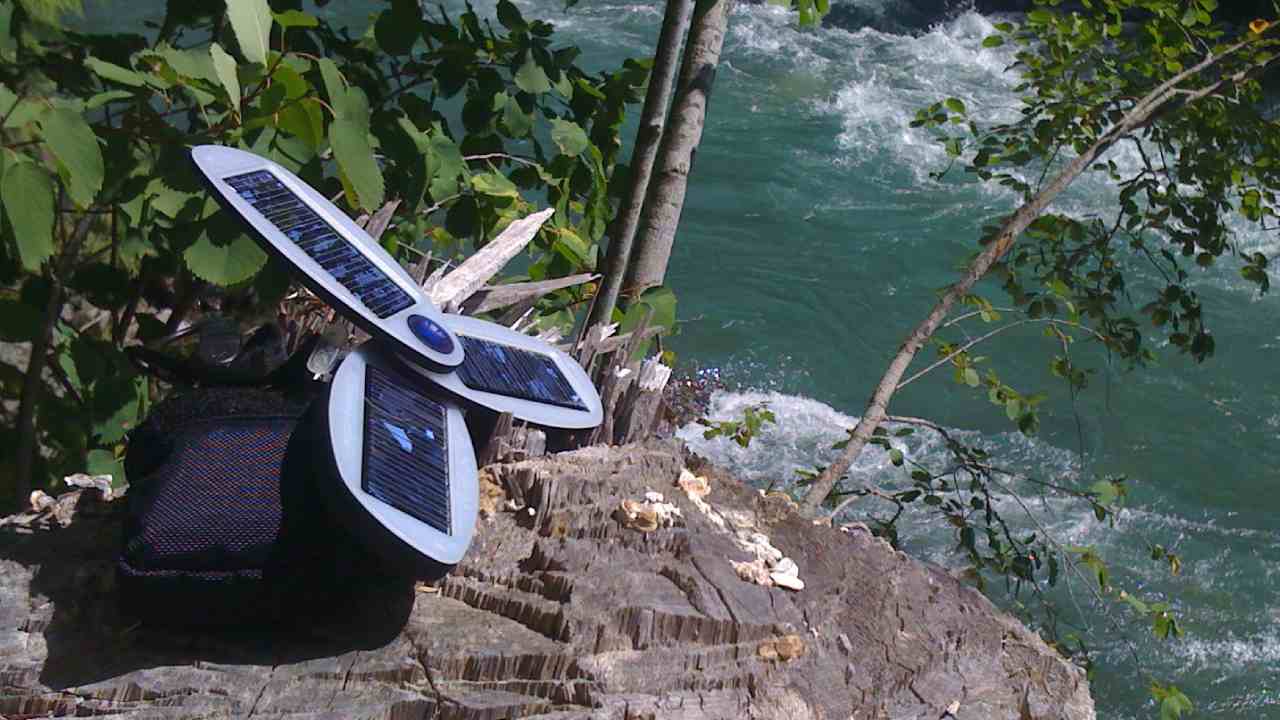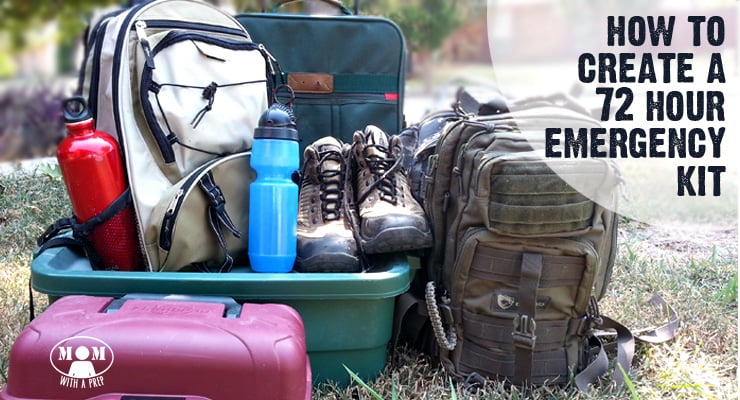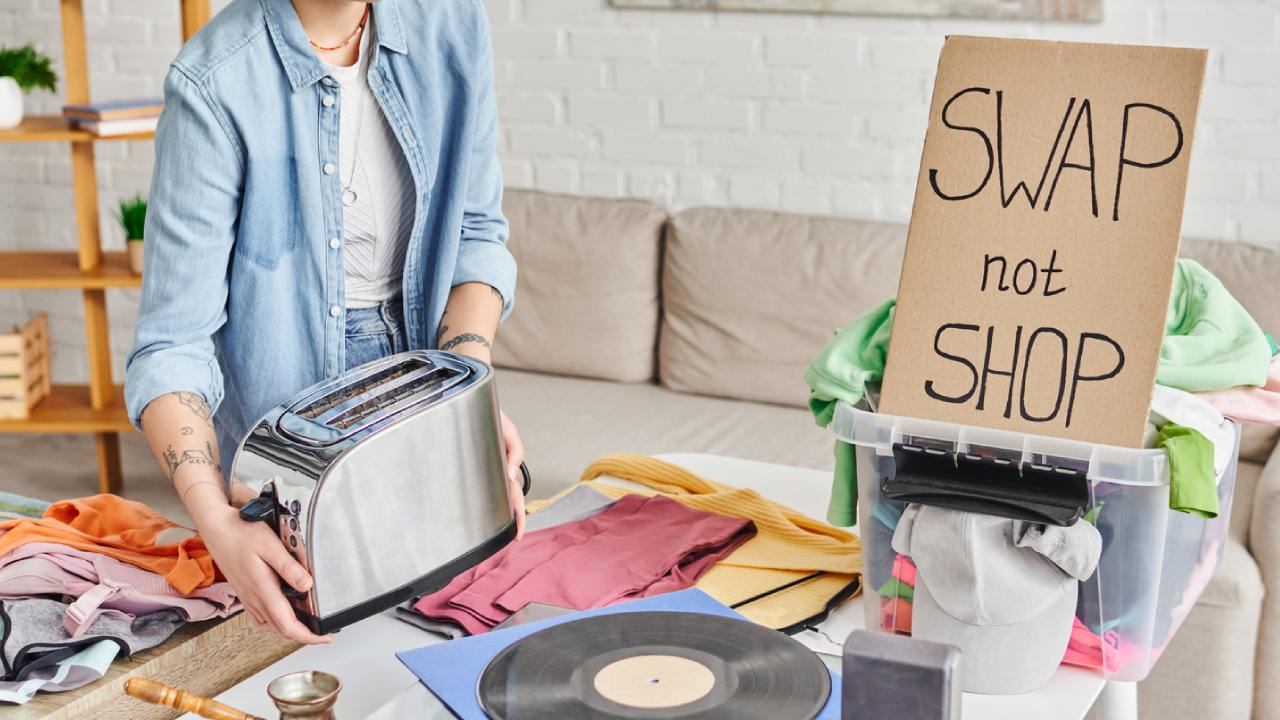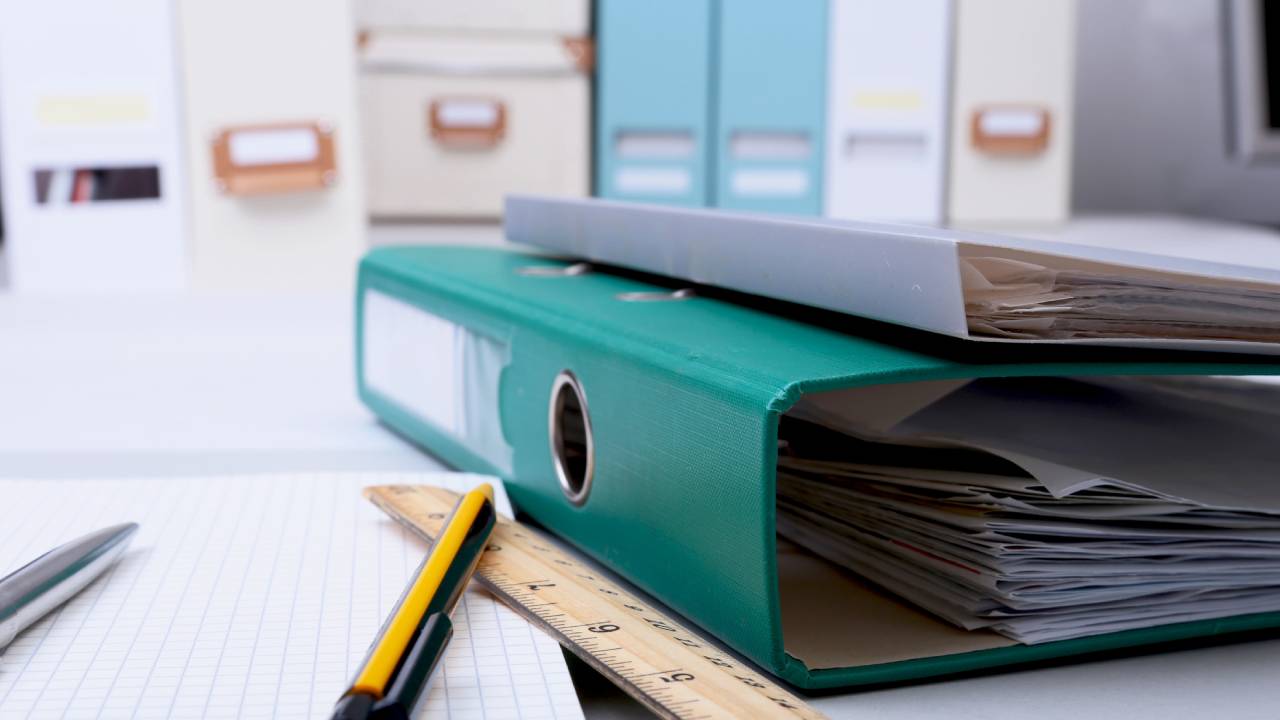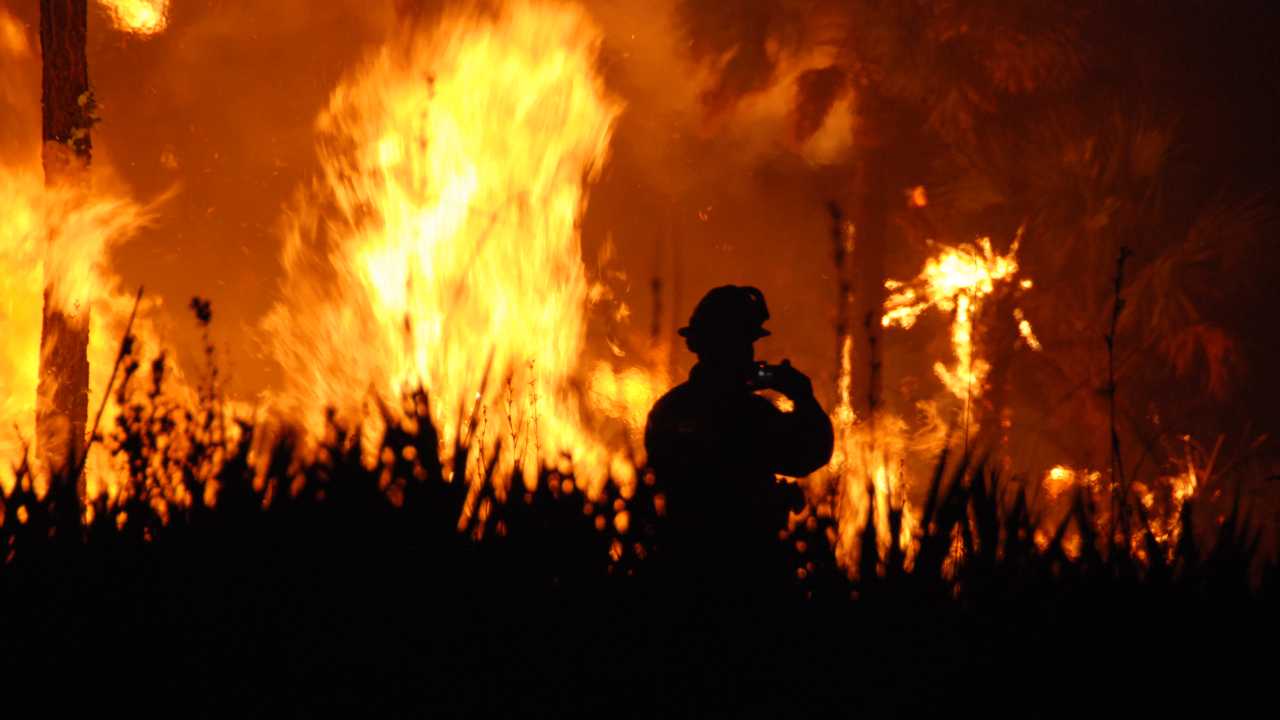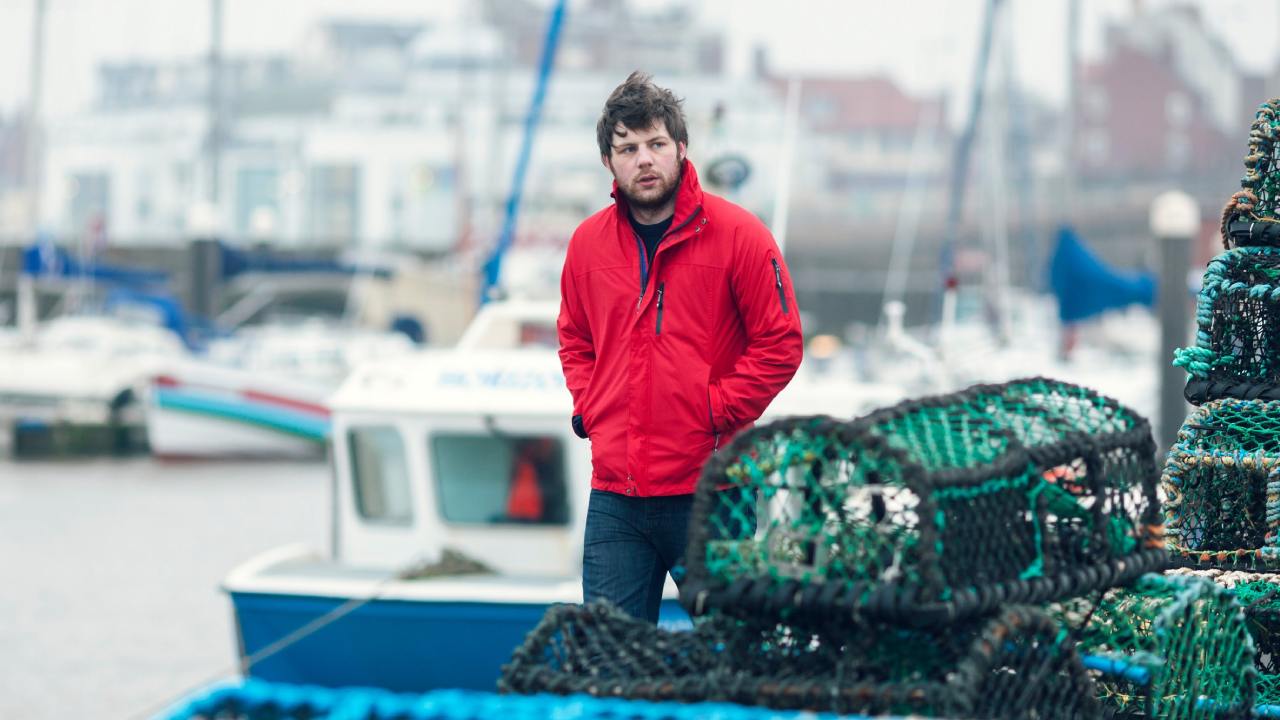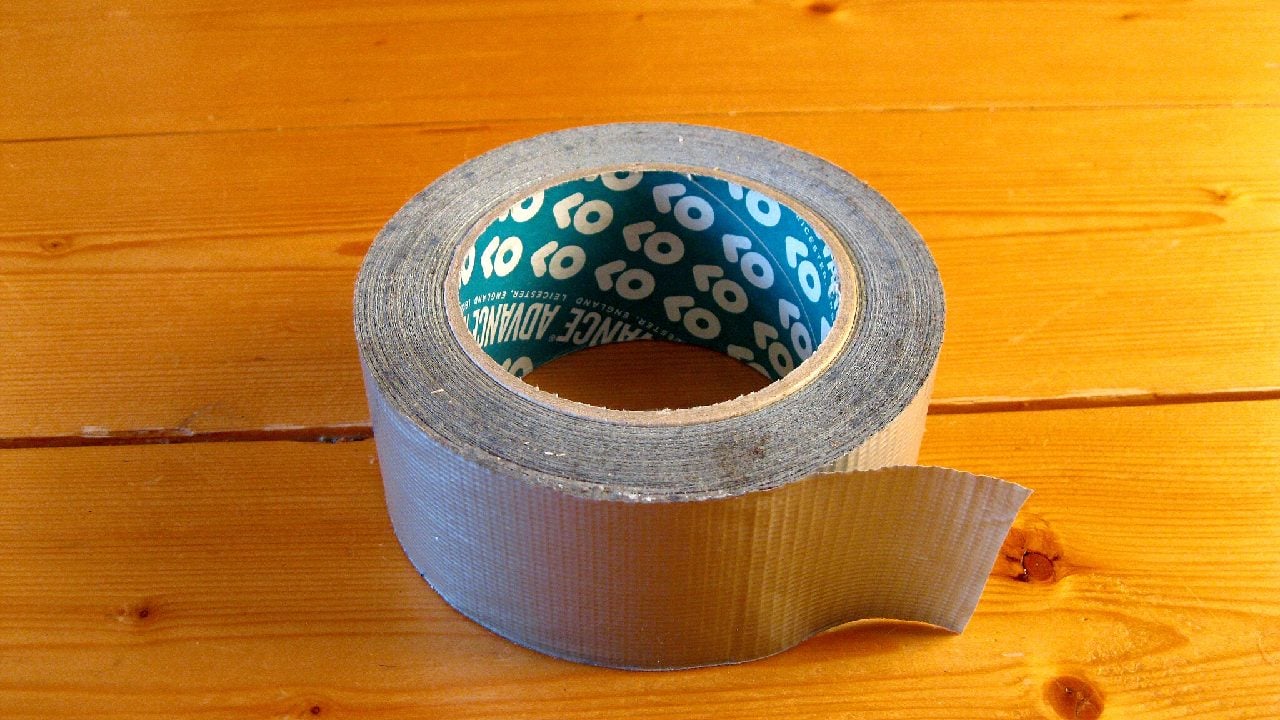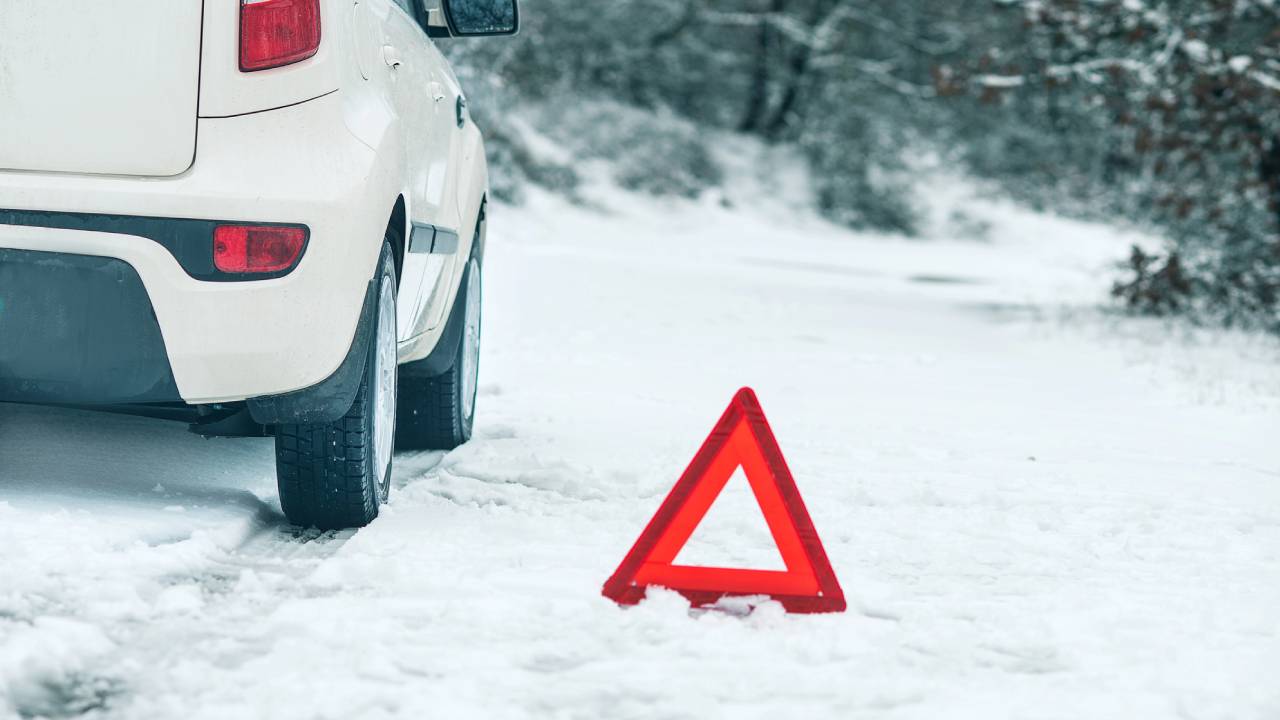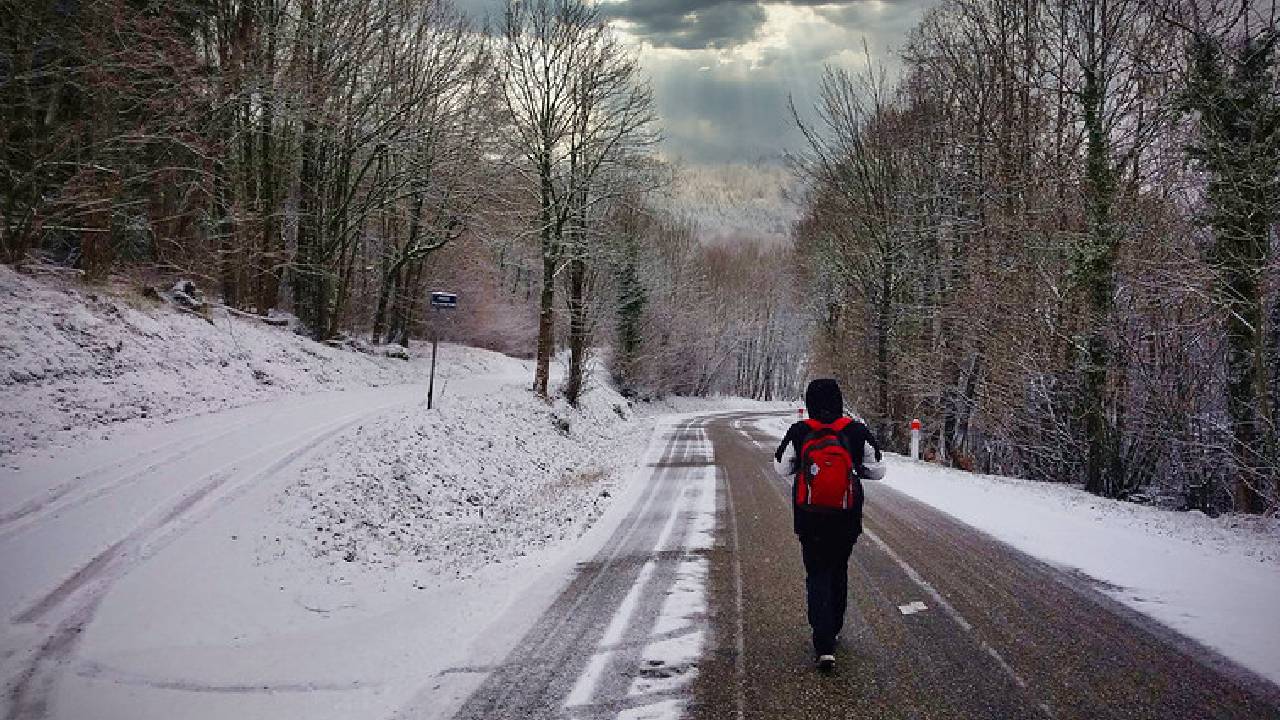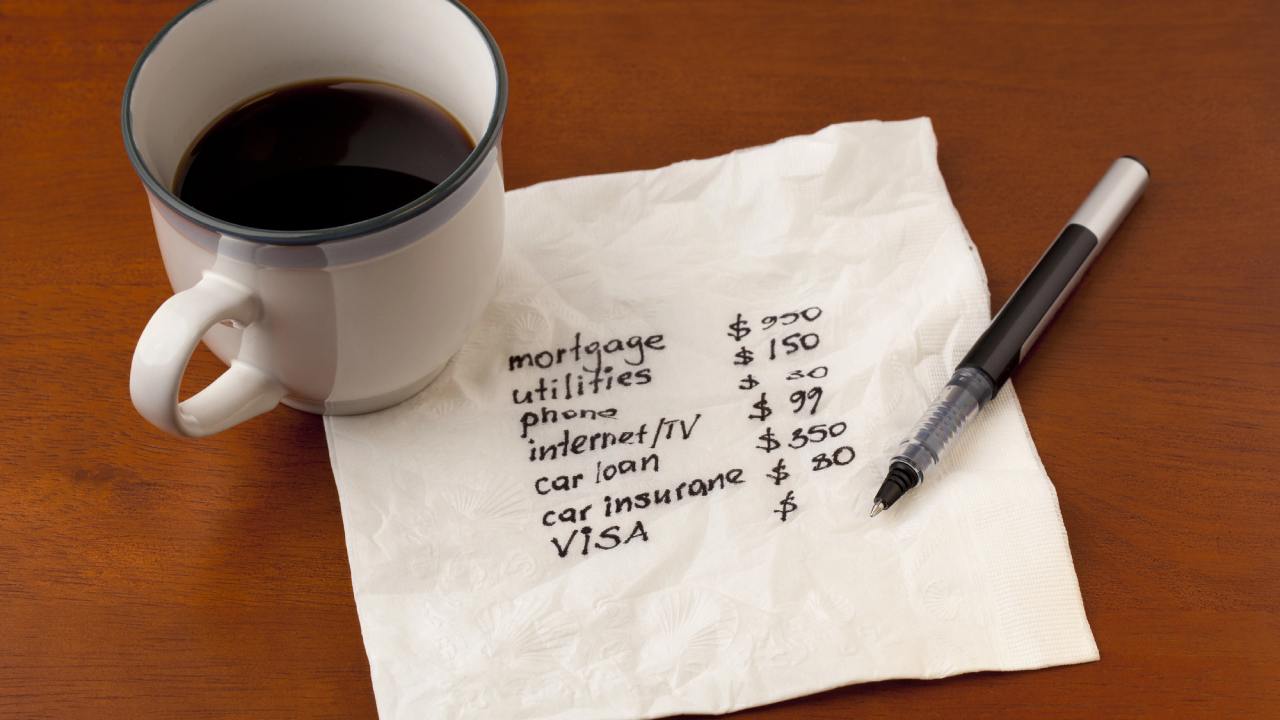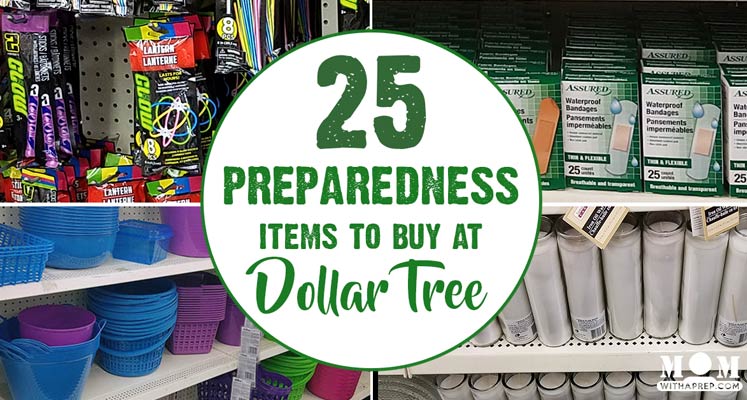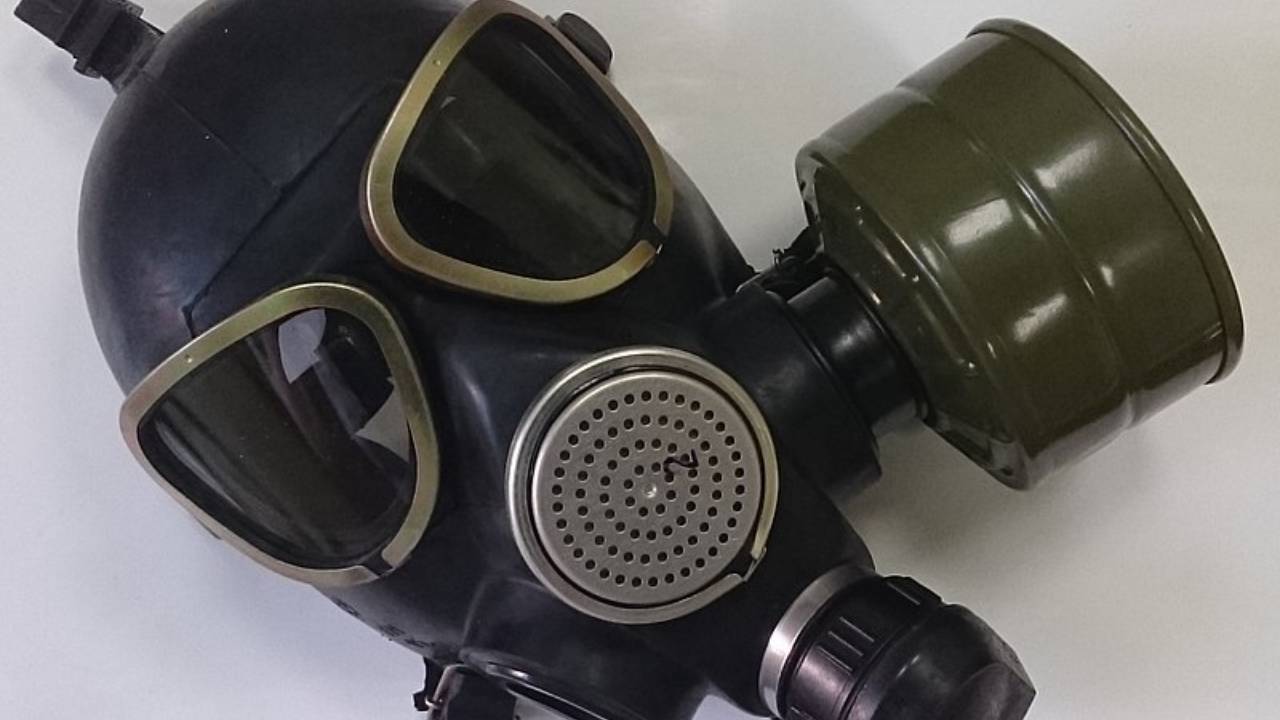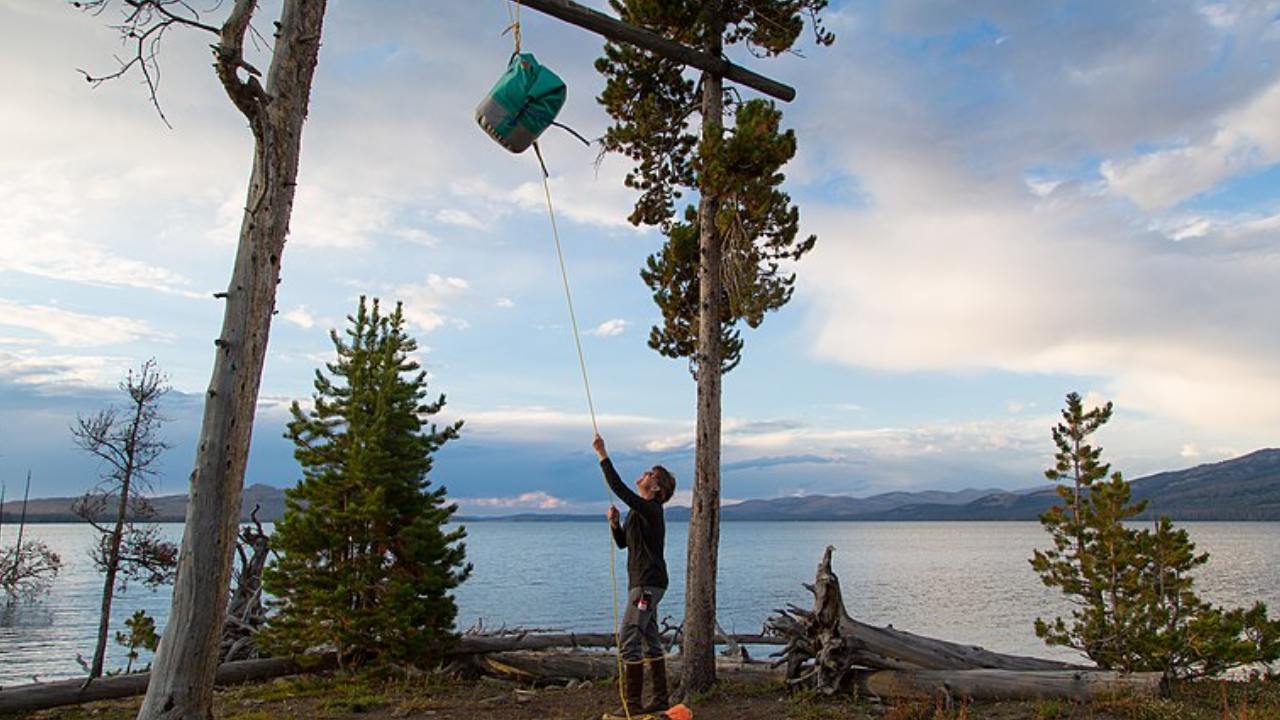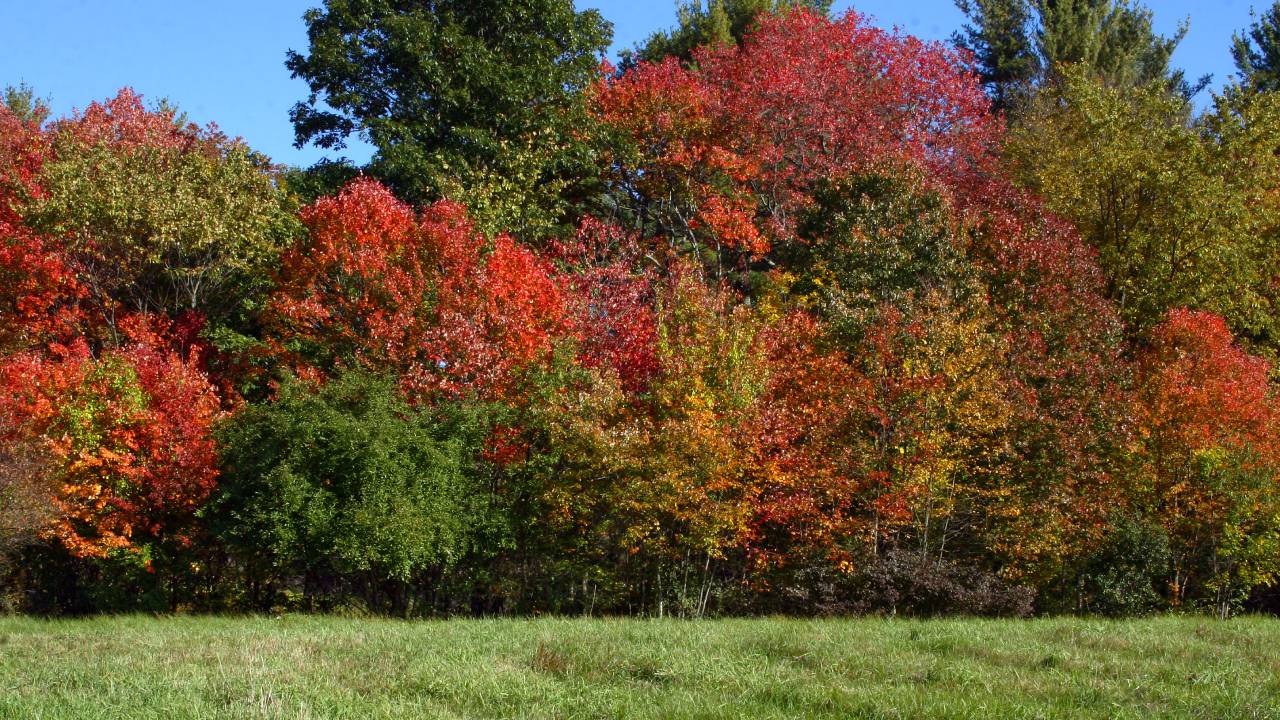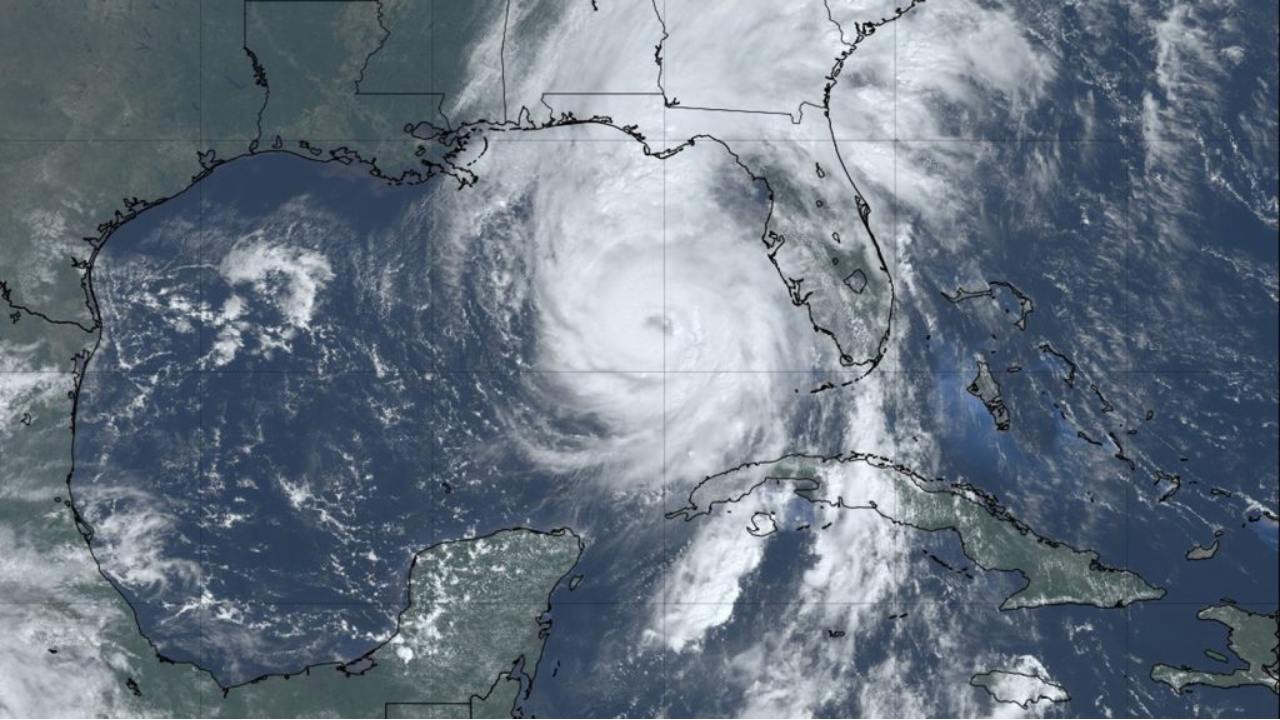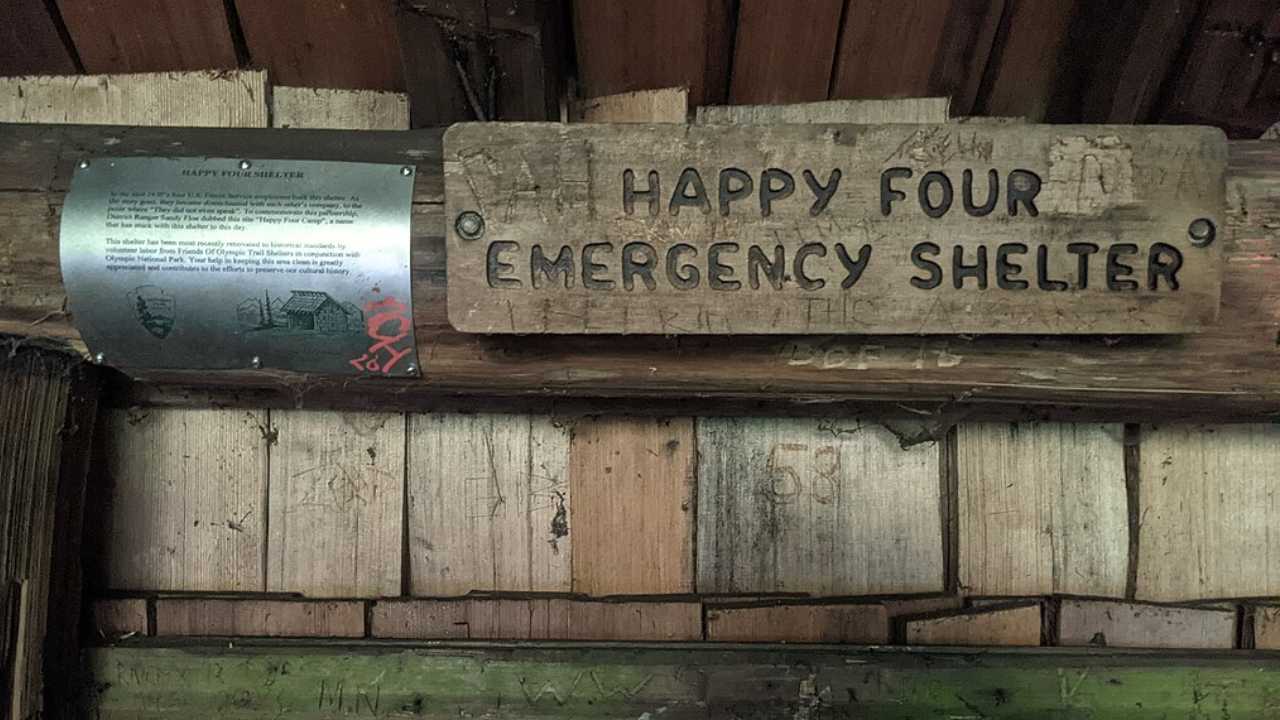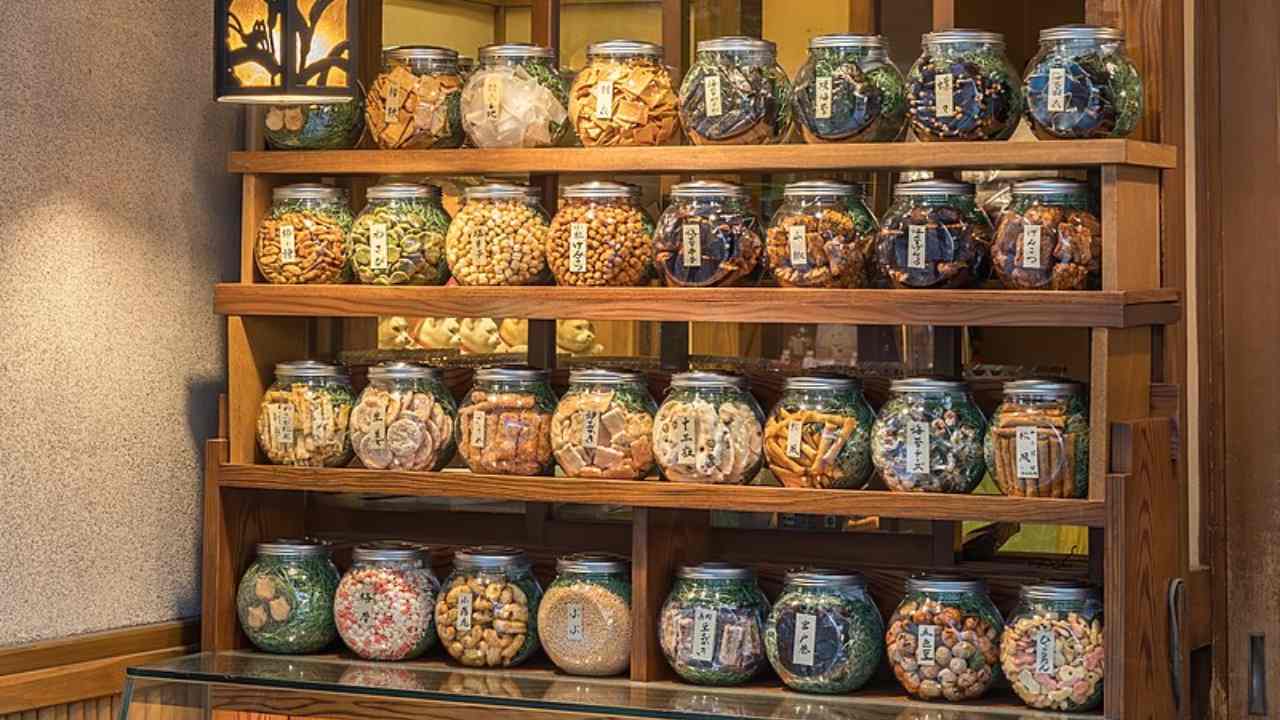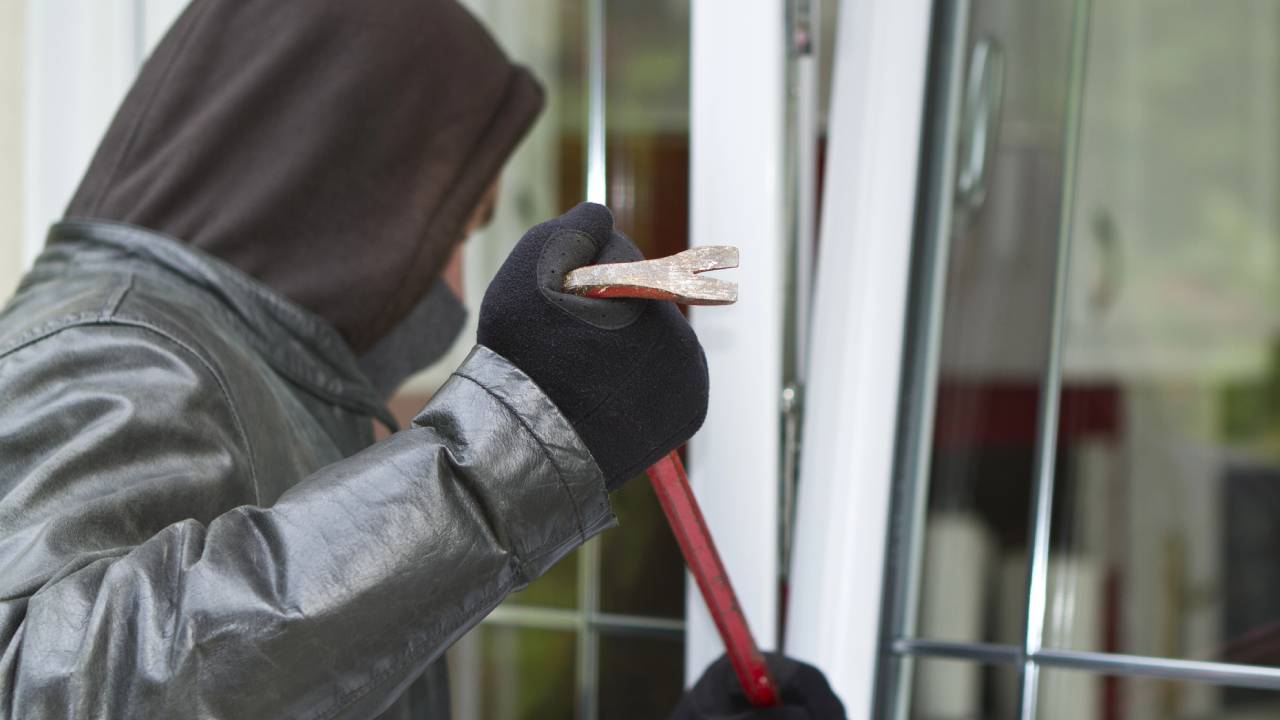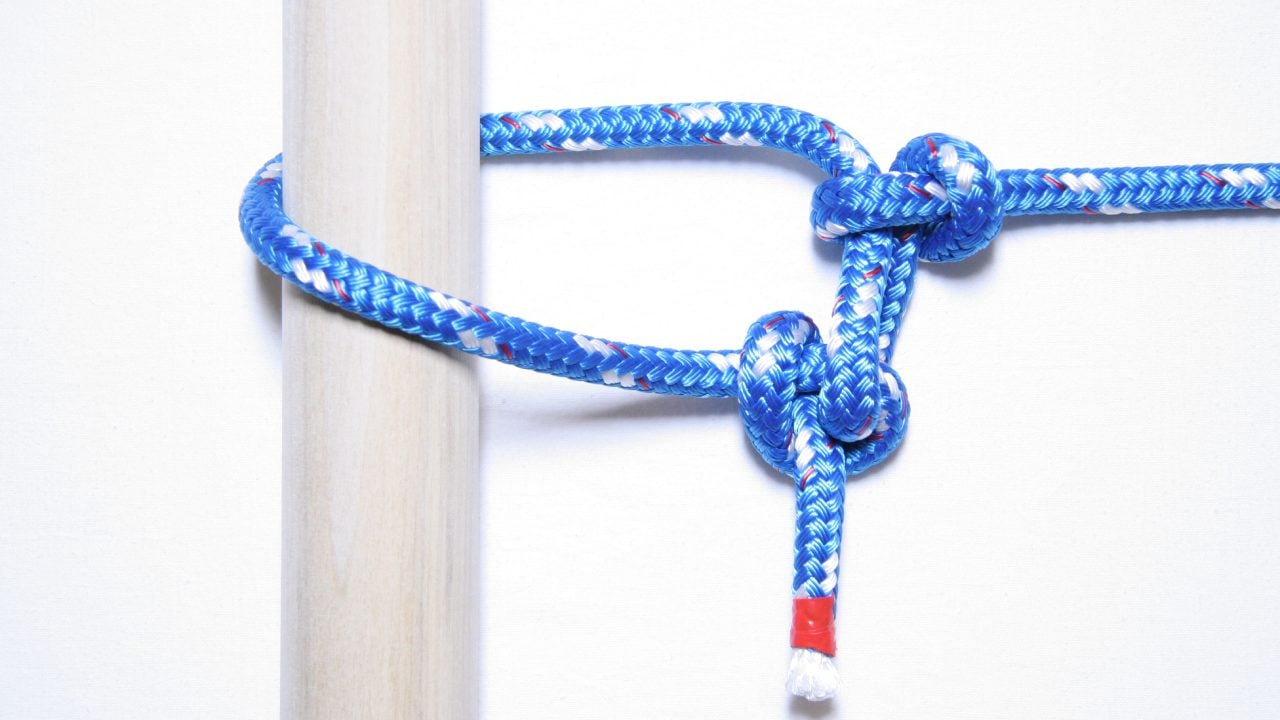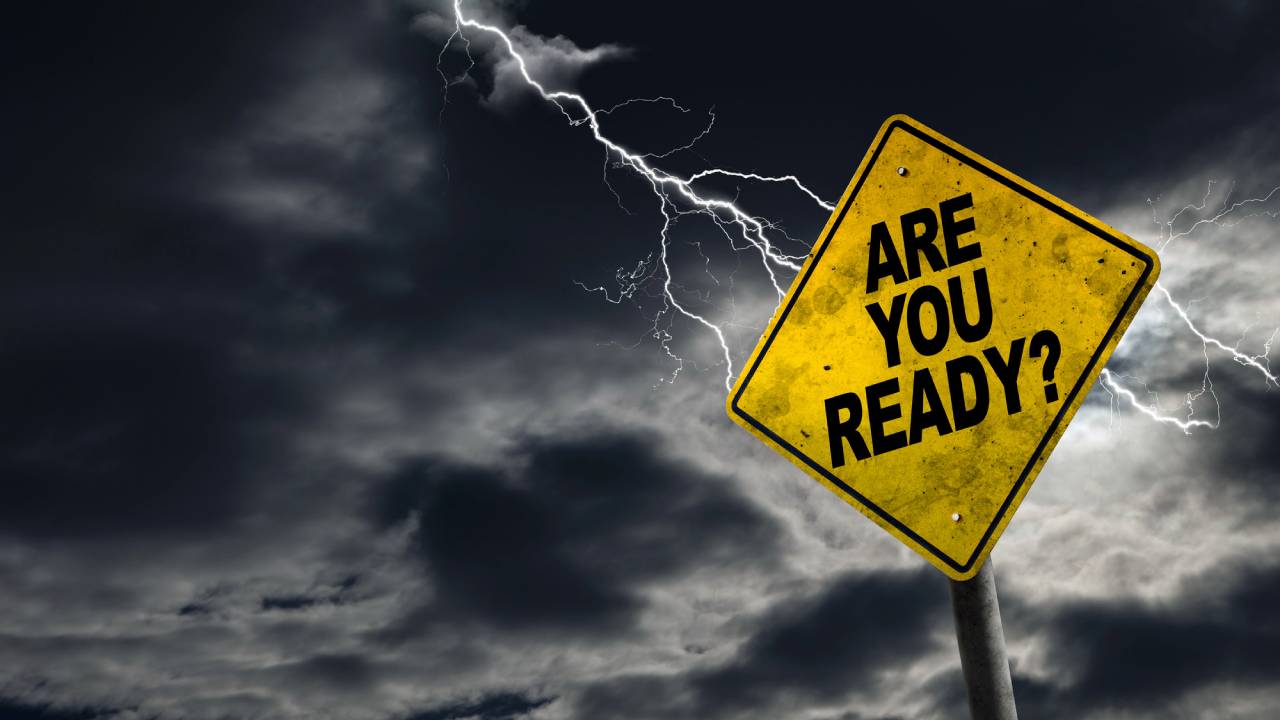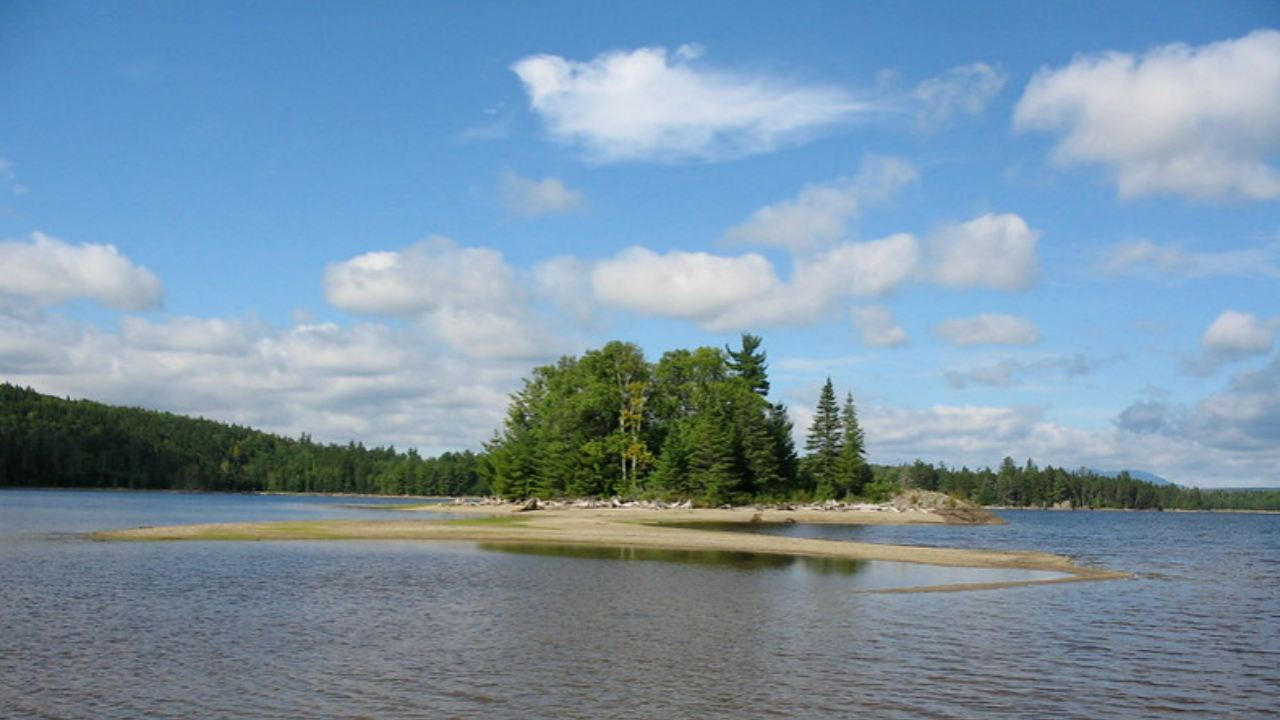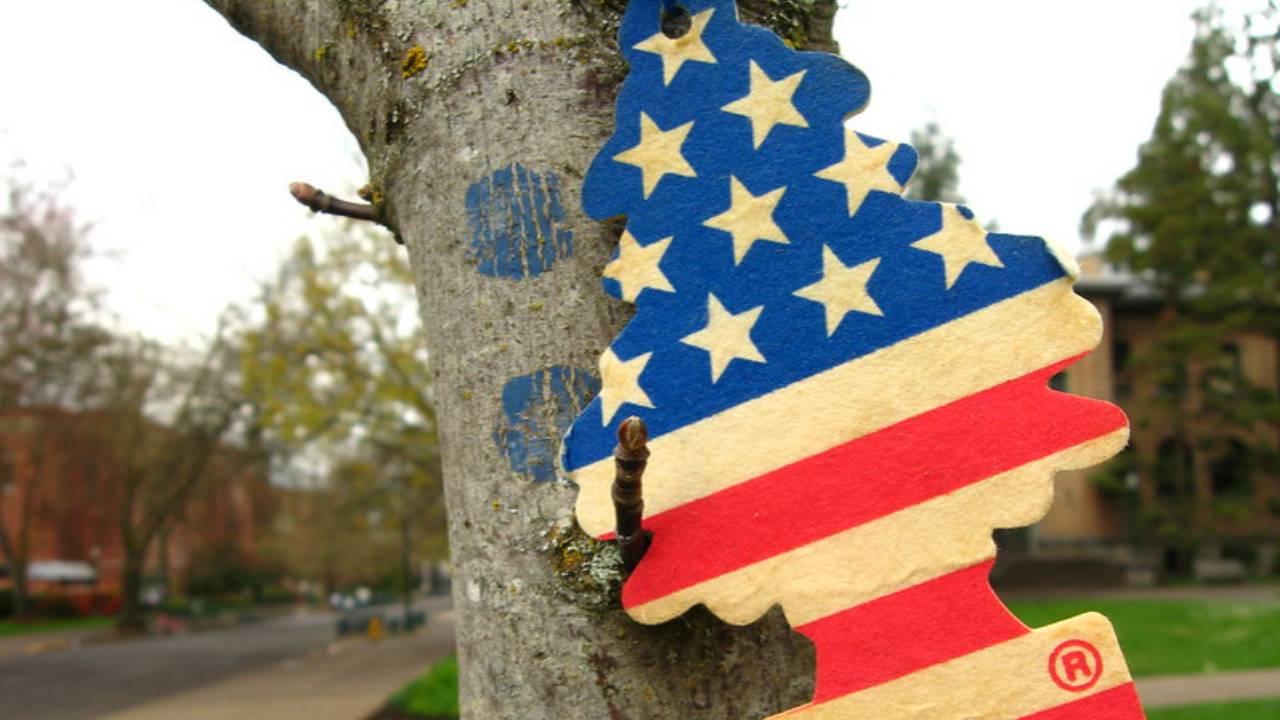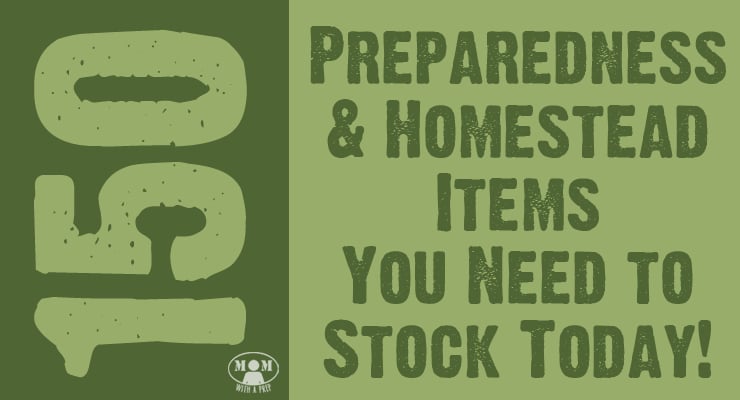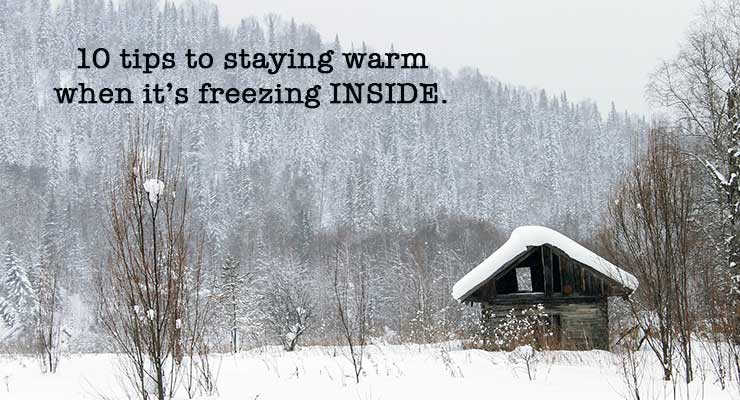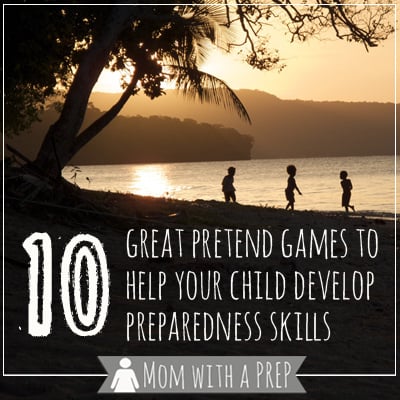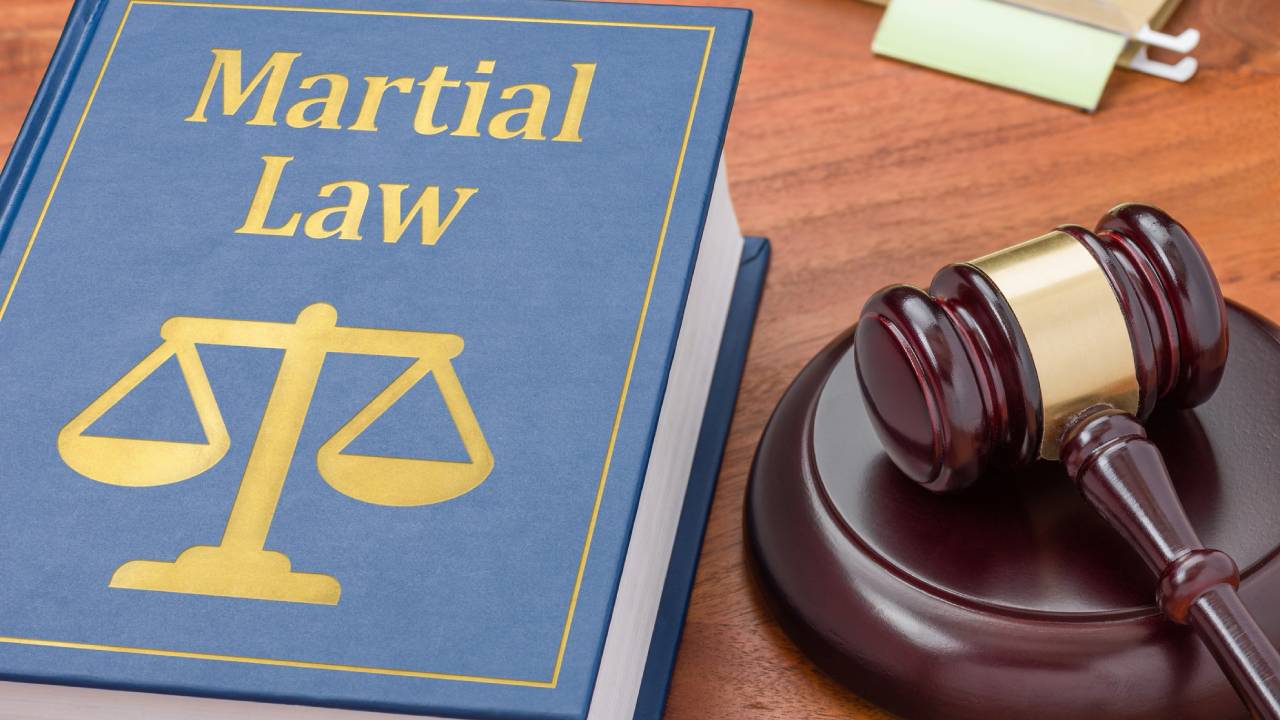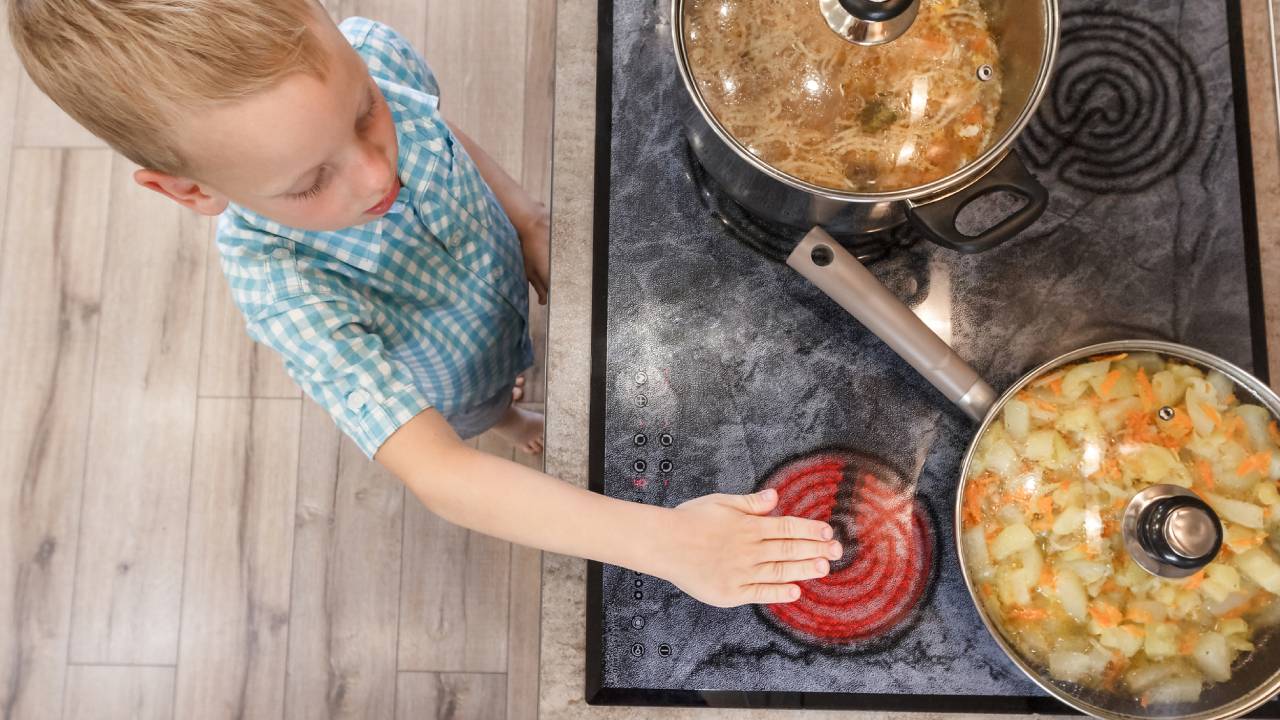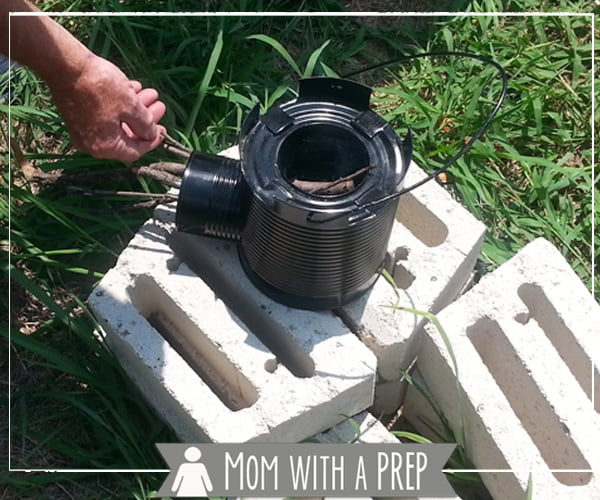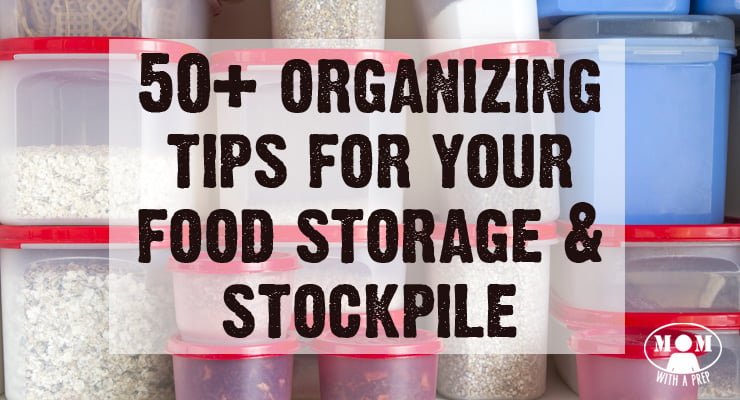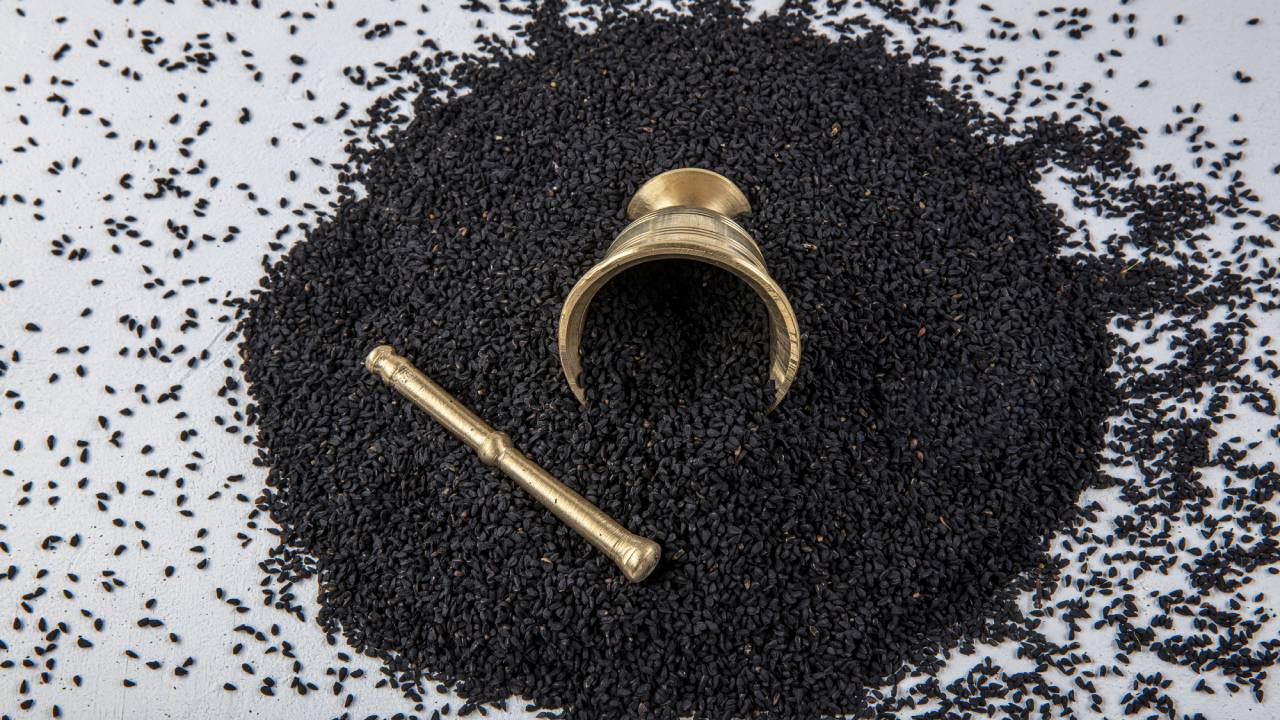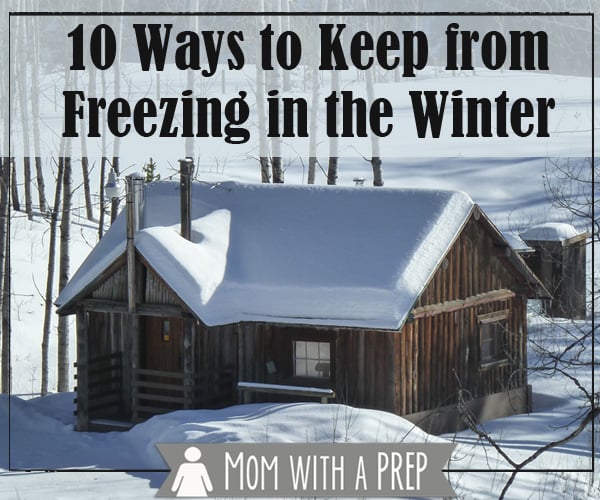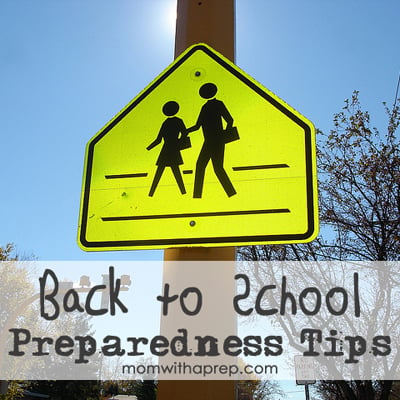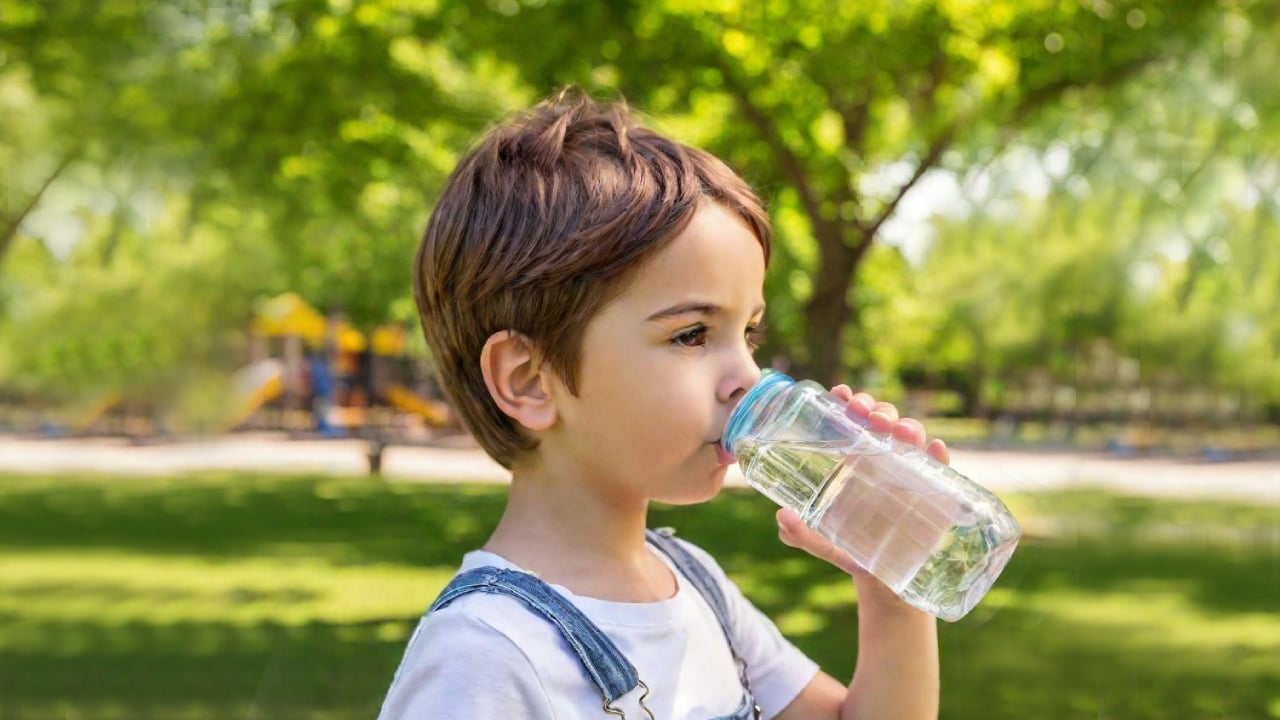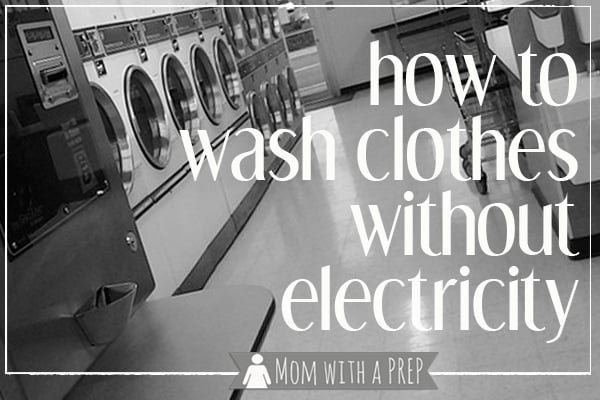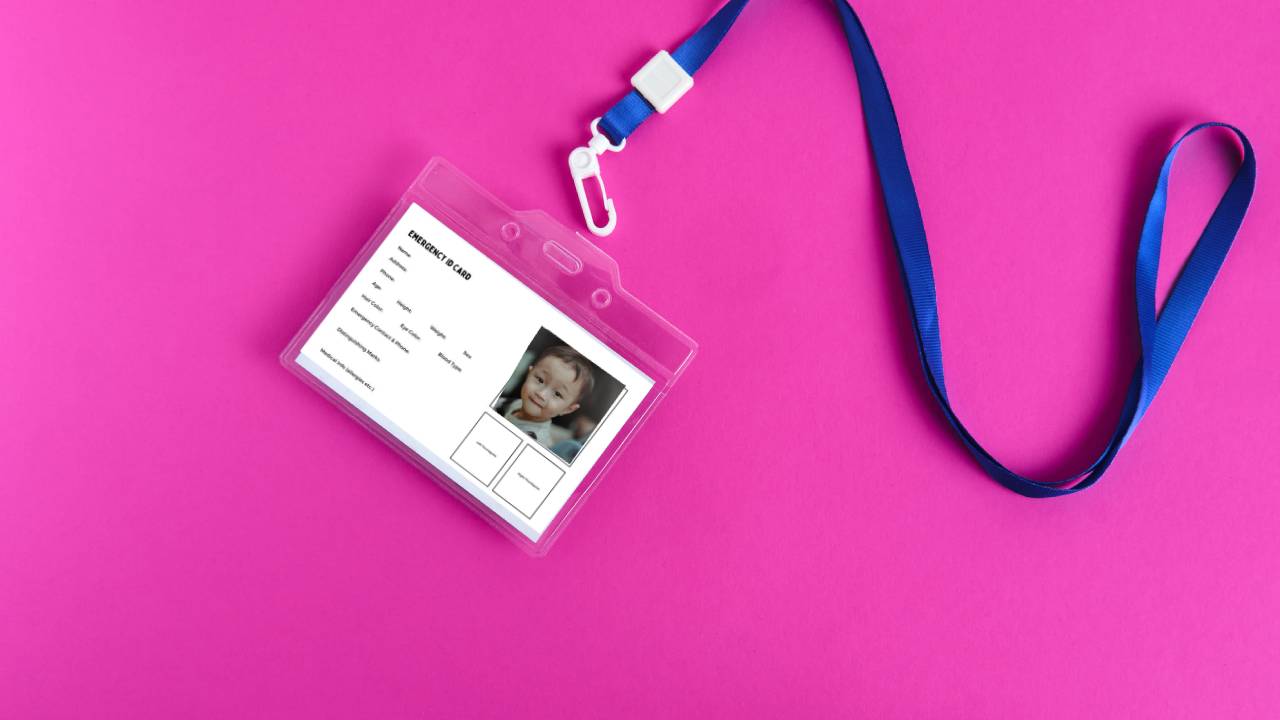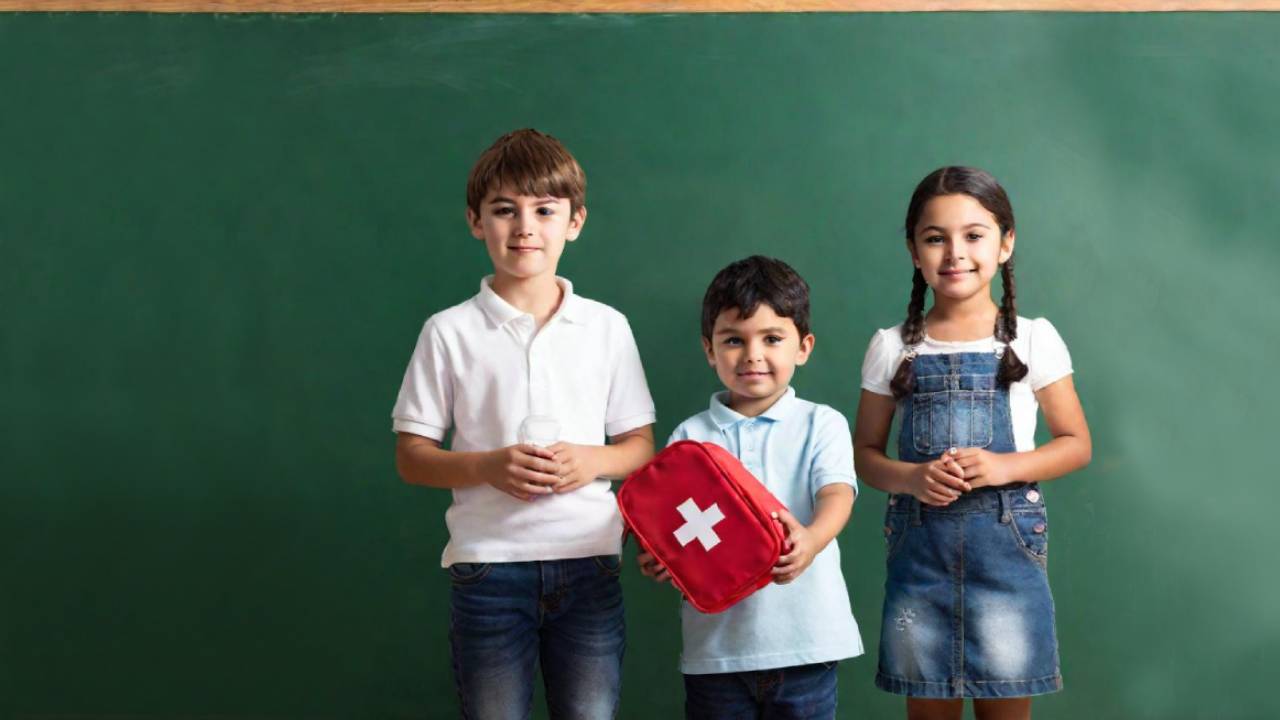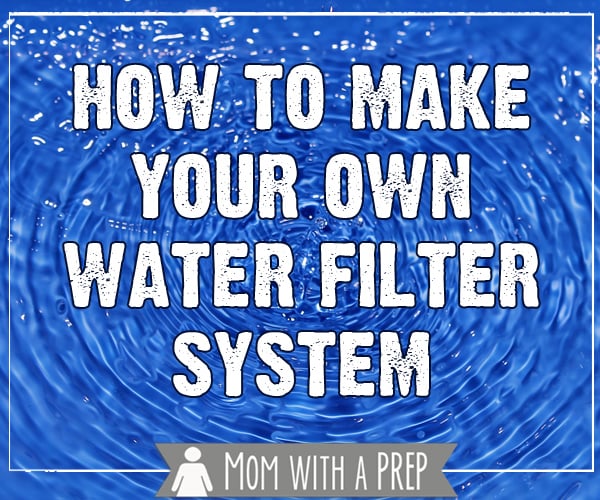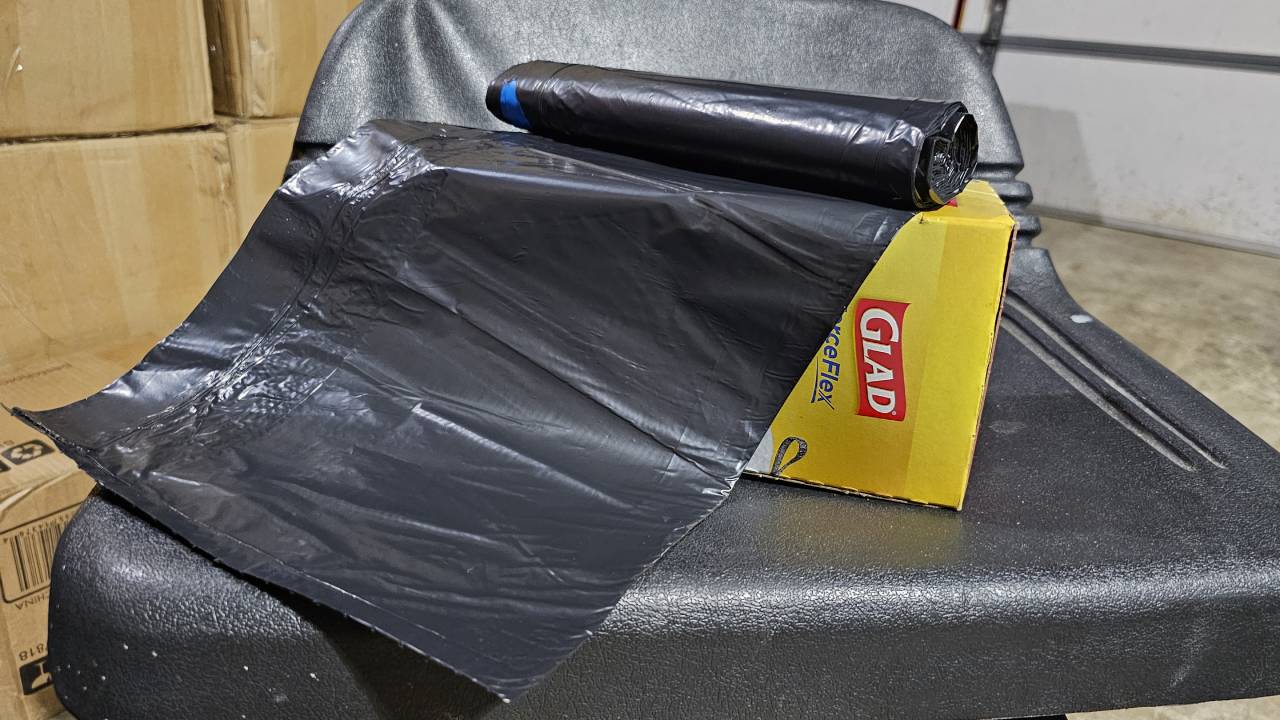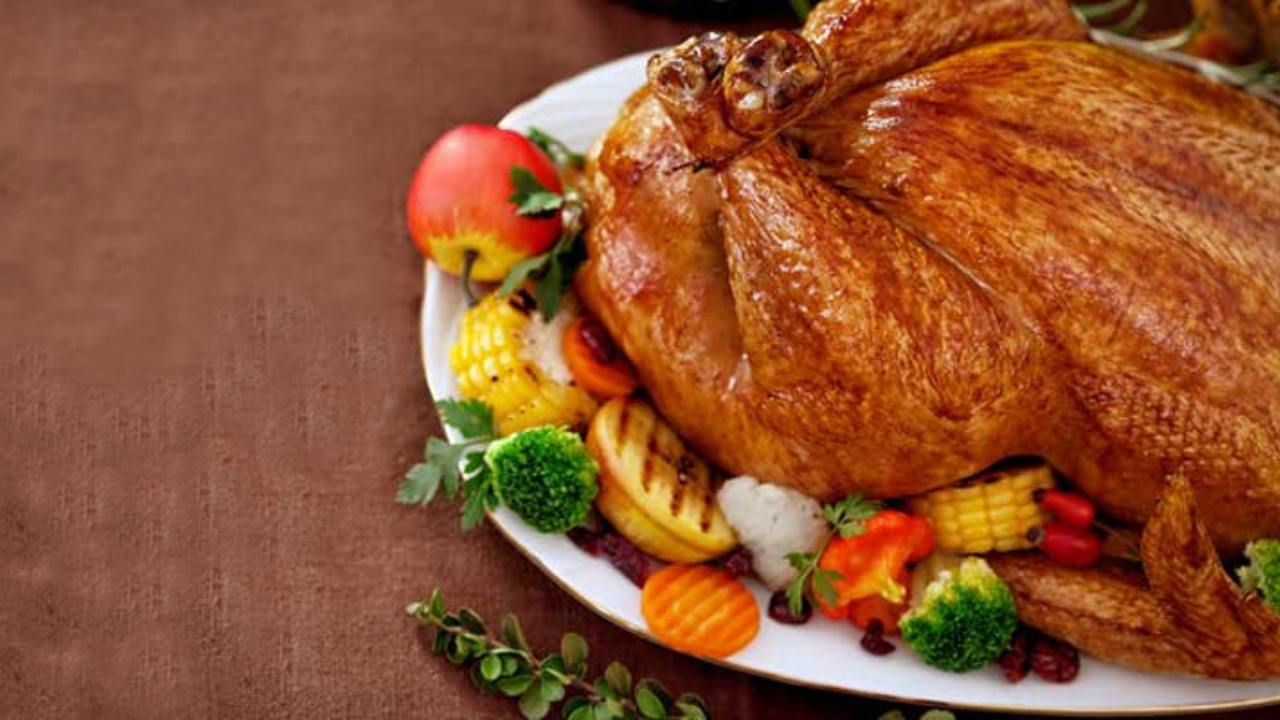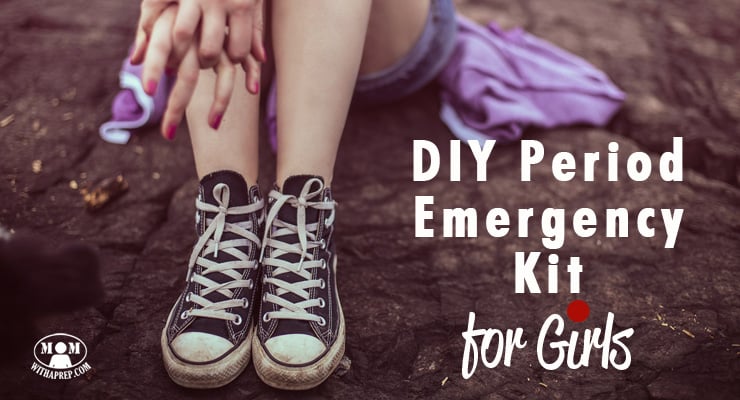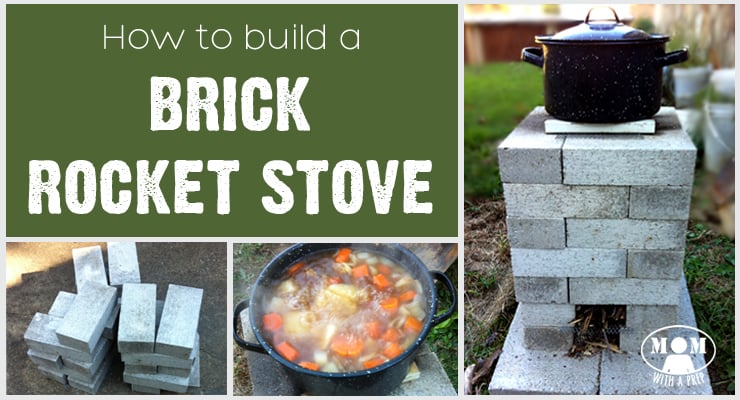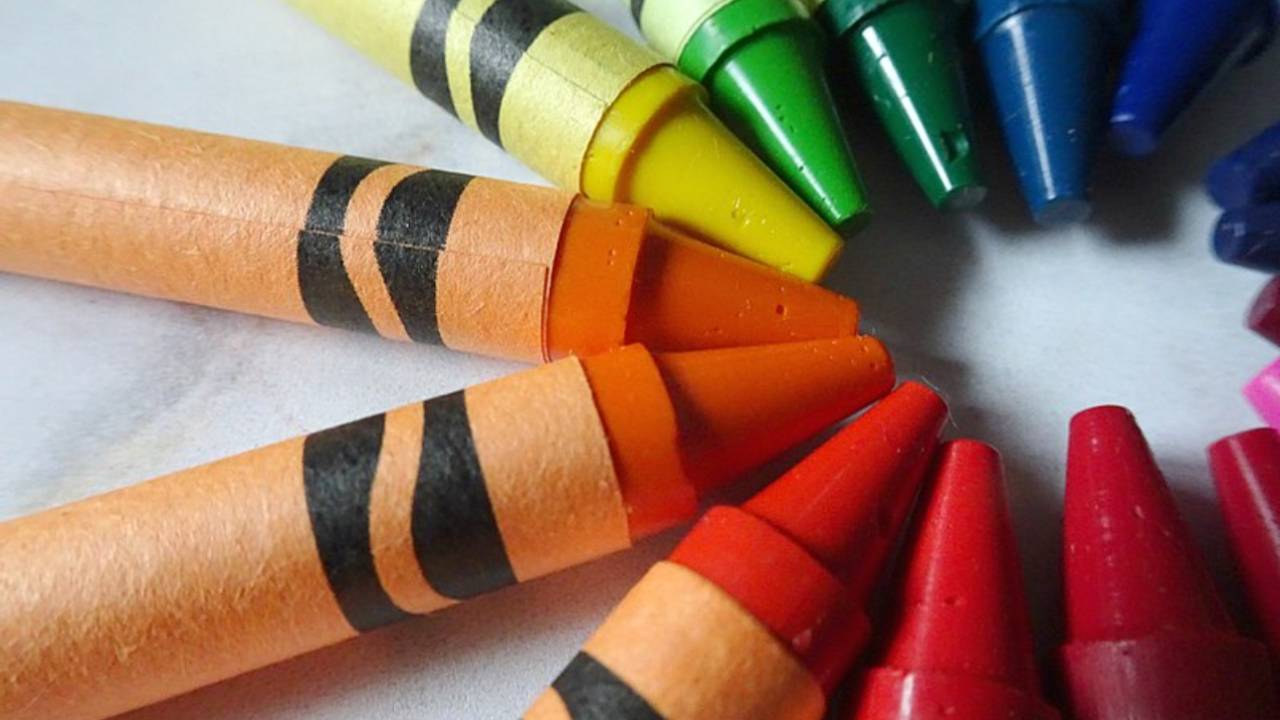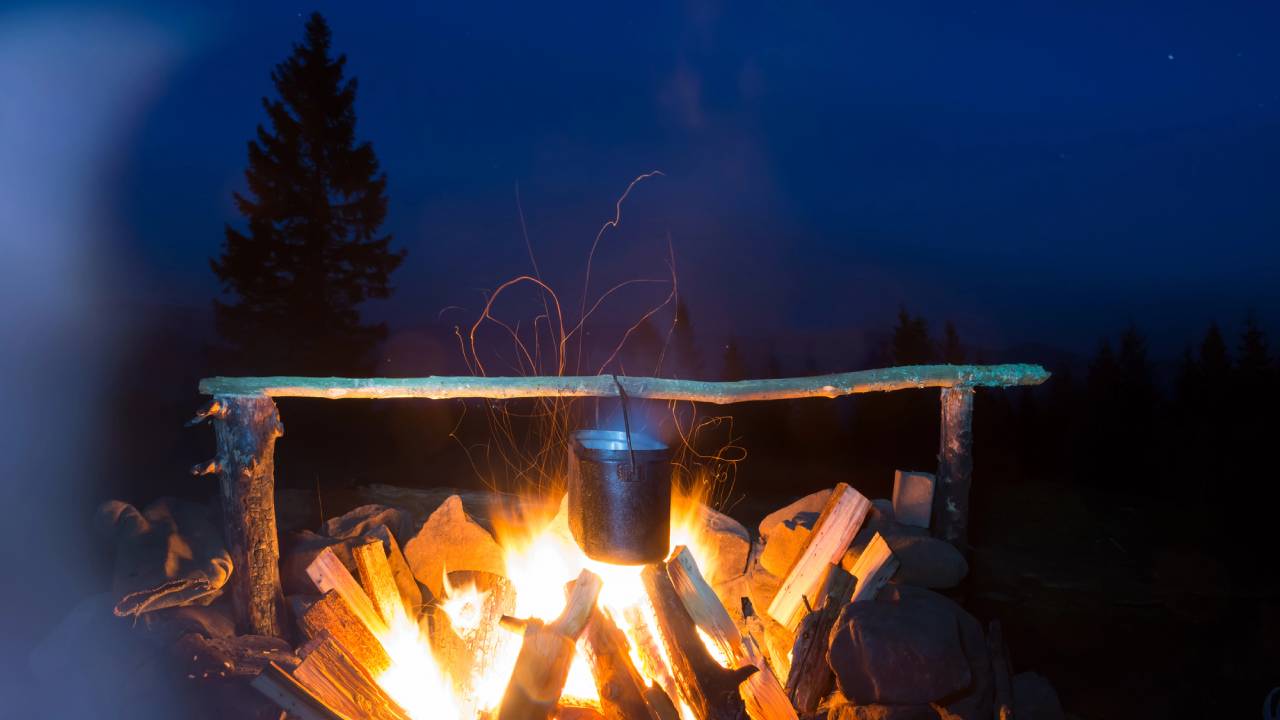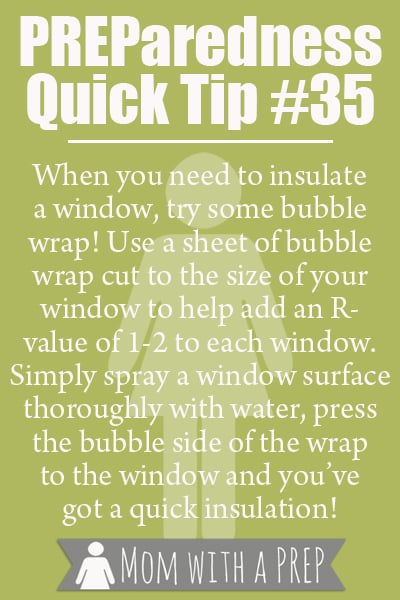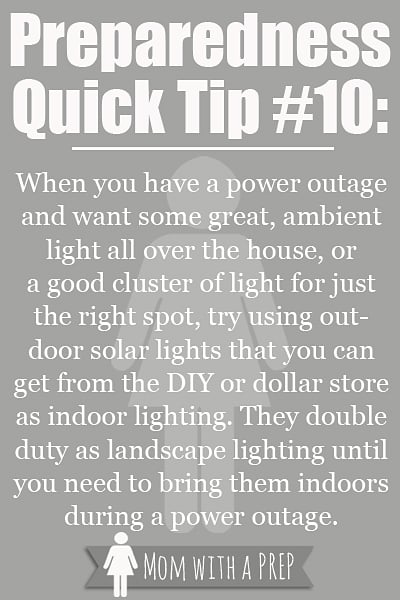If your tween was lost and alone, would they be able to take care of themselves or siblings and friends until help arrives? If a hurricane or fire hits, do they have the skills to survive and get to safety? Whether you live in the suburbs, big city, or rural areas – it is critical that you teach older kids how to survive.
What they need to learn will depend on where you live. Living in the Central states require more preparedness for tornadoes, while the West Coast may require more skills related to fires. You also need to understand what your child can handle. Some 10-year old children may be much more mature than some 13-year old kids and may be able to do more of the recommendations in this list.
Ultimately, you want them to have an understanding of all of the survival skills below. But, make a plan that is specific to your location and abilities of your child based on maturity – not age!
Below are the survival skills older kids should know. Reinforce them by practicing and doing role playing so they become second nature.
1. don’t panic

One of the most basic survival skills every child should know is to not panic!
In panic-mode, they will be more apt to make big mistakes and become more confused. Tis confusion can prevent them from taking any action to get to safety. Working with them to teach them how to remain calm during an emergency is so important.
But, most kids that panic due so because they are not prepared enough. If teens have confidence in their survival skills – they can reduce their level of panic.
2. always be aware

If your child is caught in an active shooter situation or is being chased by the neighborhood bully, will they know how to react? For example, can they make an informed decision on whether they should run, hide or fightback?
Does your child frequently walk around with their face in their phone? Do they look up to know what is going on around them or to find landmarks to refer to if they should get into a situation?
Do they understand the places that are dangerous for them to go, the things that are dangerous for them to do, the people that are dangerous to be with? At some point, every child needs to understand that what happens in his or her surroundings has a direct impact on them – they can’t continually act as if nothing bad ever happens. Bad stuff happens, and they need to become aware of how to handle it.
3. know basic first aid
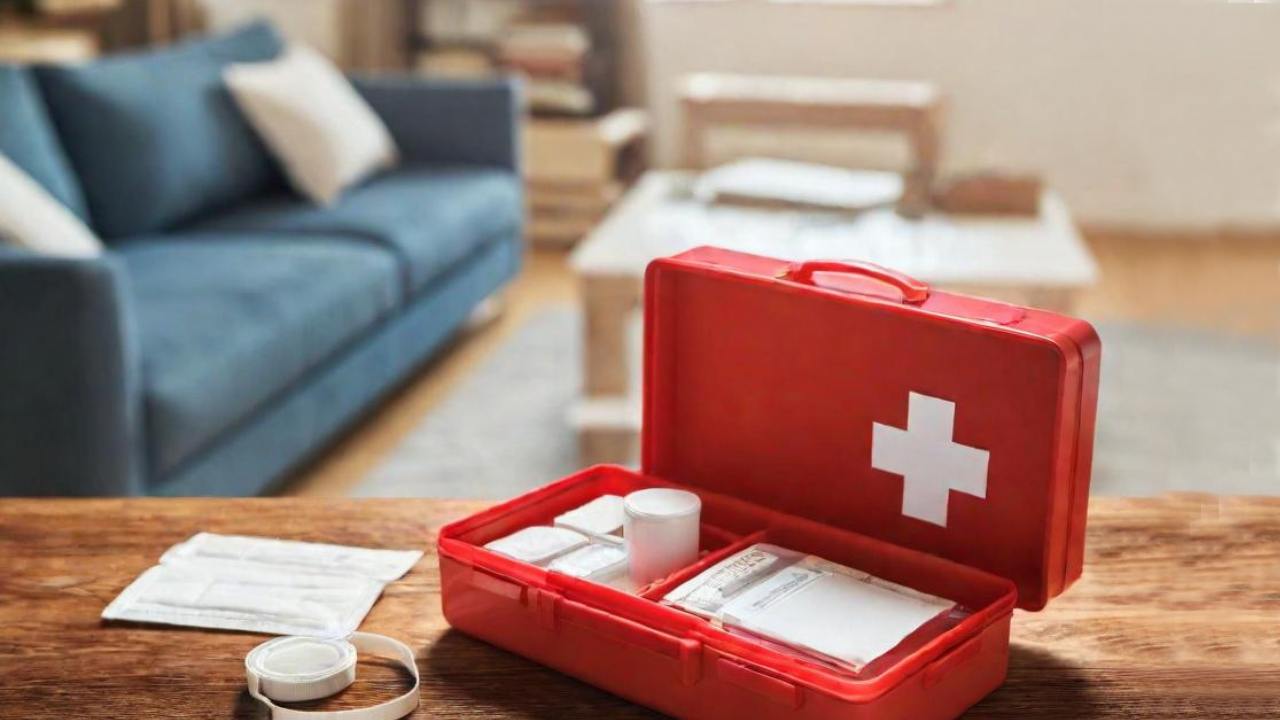
Can your child stop bleeding, perform CPR, use a splint, or treat a burn?
This might be the time to enroll them in a Red Cross CPR/First Aid class. Or you can grab the Boy Scout Book for First Aid book and go through it with them. Let them practice with you and on family members to ensure they can do first aid basics. This will also help when they carry a school first aid kit, there is not point in giving them that kid when they do no know how to use the supplies!
4. learn to safely handle a fire arm

Whether for self-defense, hunting, or sensible gun safety – could should learn gun safety. I know some readers are anti-gun, and that is OK – but even if you are anti-gun, the chances of your kid being around one are there. If they might come in contact with one, they should know how to be safe around it.
Learning gun safely can reduce shooting accidents and help prevent curiosity. If you keep kids from guns entirely, their curiosity may create an environment where they try to handle one with no experience. This is how accidents happen. If you do have one in your home for protection, a shooting range is a great idea to help them learn how to shoot properly.
If you don’t have the ability to do this, you can enroll in 4H or take a course with Appleseed.
5. kitchen abilities

Can your child open a can of food from the pantry without an electric can opener? Do they know how to work the stove or oven? Do they know how to prepare a basic cut of meat safely?
The more they know the better prepared they can be. Teach them how to cook on the grill, in case the home has gas or electric issues. Teach them how to grow a small garden to get their own food. The kitchen is one of the most important areas of preparedness a child may need.
6. self defense

Does your child understand how to defend themselves if attacked? Can they use basic defense moves against an adult to try to save themselves?
Do they understand when it’s time to fight and when it’s time to run? Have they taken any self-defense classes or taken martial arts training? We cannot recommend this one enough! Personally, I think every child should do some kind of martial arts! It builds confidence and skills that will last them a lifetime.
7. find their way home

Does your child know how to find out where they are? Can they get themselves home if they ride a little too far on their bike?
Do they understand the basic principles of using a compass or reading a map? Do they understand how to find their location at night by the stars….or tell their location during the day by shadows? Can they find their way home from church without a GPS? And respectively – do they understand how to use the GPS on your phone?
Do they know the major streets where they live, major arteries near their house, major landmarks in their area?
You might think they can rely on their phone navigation, but what if that phone dies and they are in the middle of no where?
8. work with basic tools
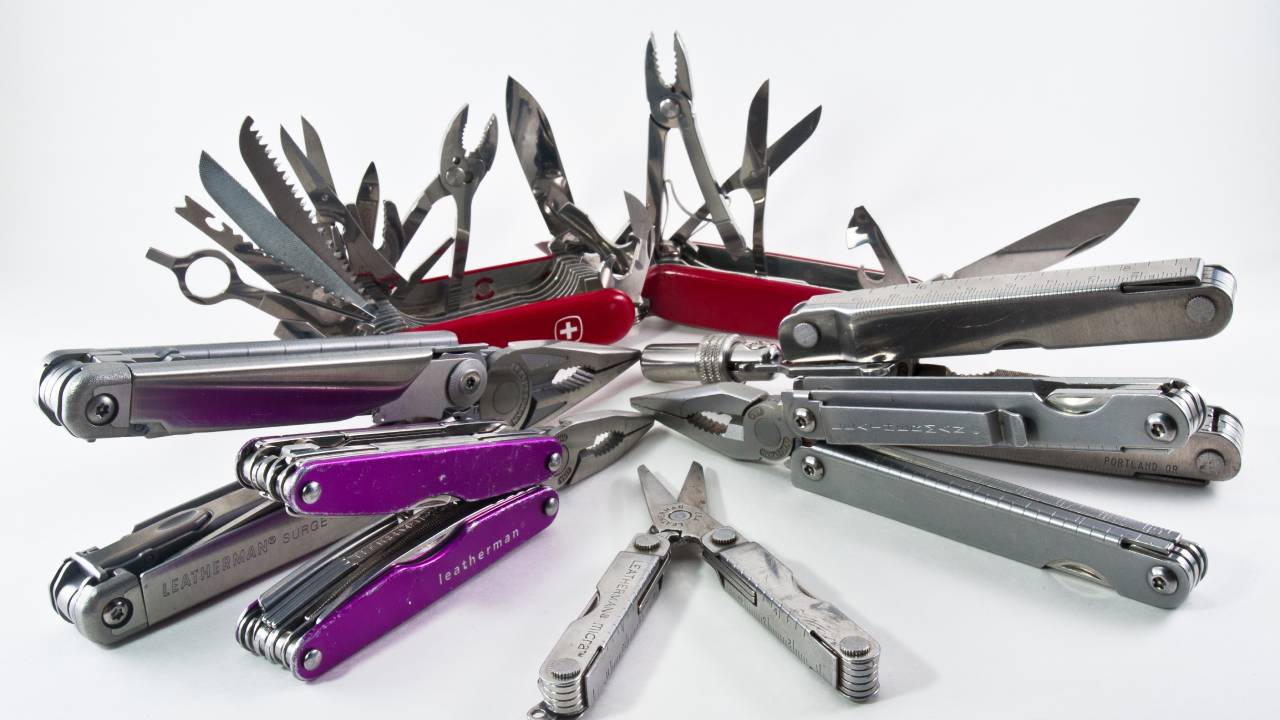
Does your child know how to use basic tools? Whether they use a Swiss army knife or have access to larger tools, they should be trained to use them safely and effectively. Hammers and knives are two of the most critical since those can help cut branches or help build pseudo housing and more.
9. keeping warm in the cold

Teaching some basic skills to help them keep warm is one of the best lessons you can provide. Teach them how to build an emergency shelter, start a fire from scratch, and how to use clothes to stay warm. They should know how to build a fire when no matches are around, how to pick firewood, and choosing the safest location.
10. ask for help
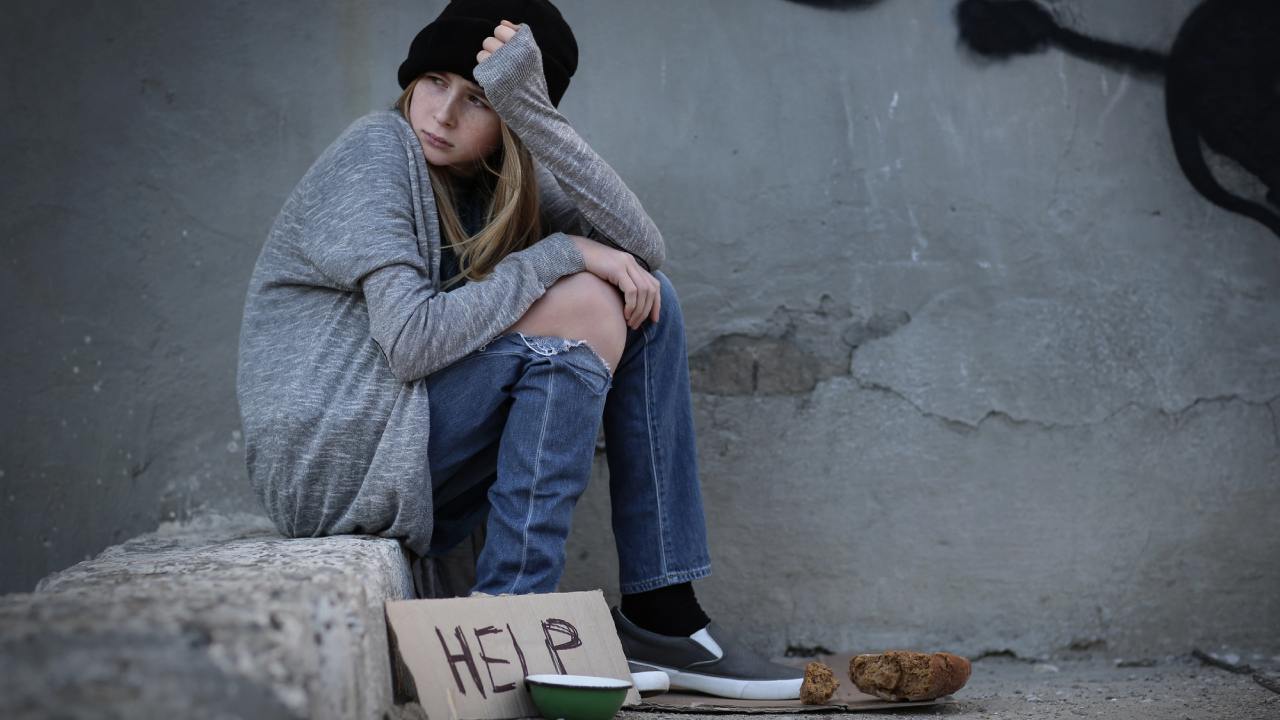
Does your child know – and have the confidence – to ask for help? Helping them understand who to look for in a scary situation is important. Help them understand how to assess whether someone might be a good person to approach when they need help. A mom with a stroller, a police offer, or emergency worker are all recommended options.
If they are in shock and cannot get the words out, having an emergency ID card can help them ease into a conversation. Have them provide the card to a person they approach so they can reach you!
What if your child is lost? Do they know to leave clues along they way so others can find them?
All of these tactics can help reduce the risk of anything more serious happening to your child!
Teach Your Kids About These18 Trees That Could Save Their Life
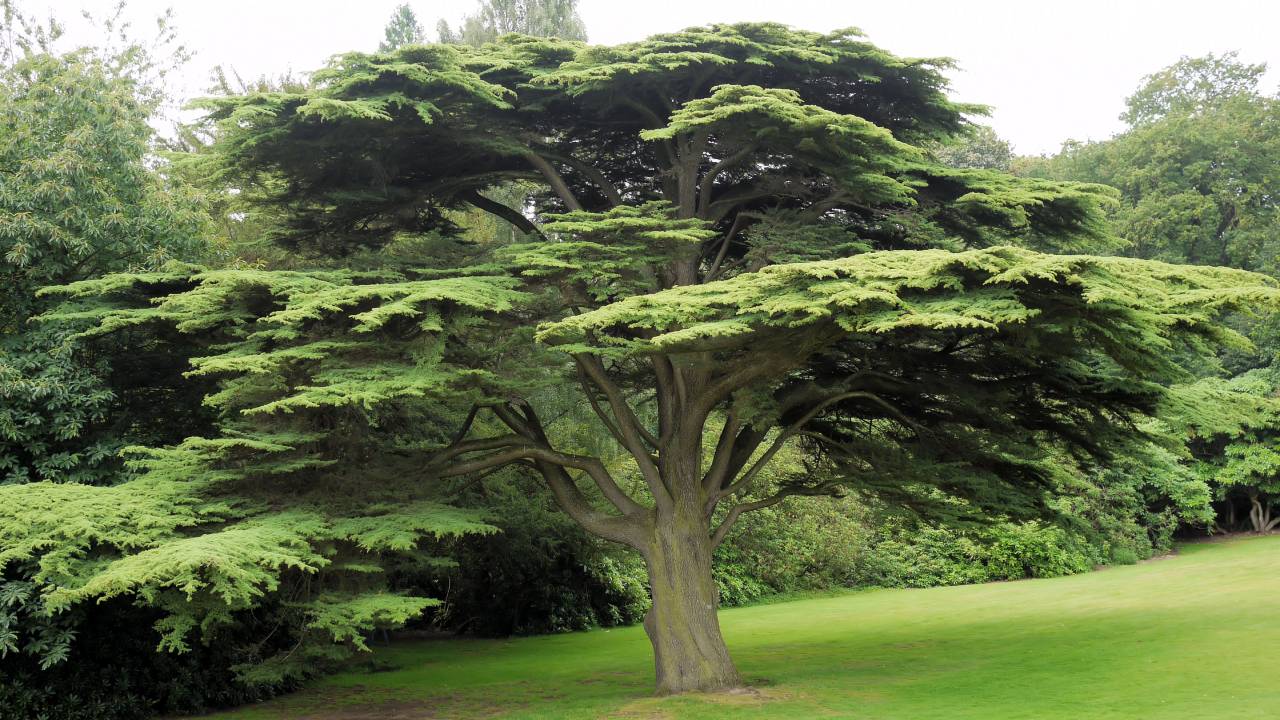
When you’re out in the wild, knowing your trees can make the difference between thriving and just surviving. Trees offer food, shelter, medicine, and materials for tools, making them essential to any survivalist’s knowledge. Explore these survival trees and let your child know how they can use them in a survival situation.
Does Your Child Know How To Purify Water in an Emergency?

Children should know at least a couple of methods for purifying water in an emergency. Helping them understand how to secure water that is safe to drink could be critical to their survival!
![[Mom Prepared]](https://momwithaprep.com/wp-content/uploads/2024/12/cropped-momlogo-244x56.png)

